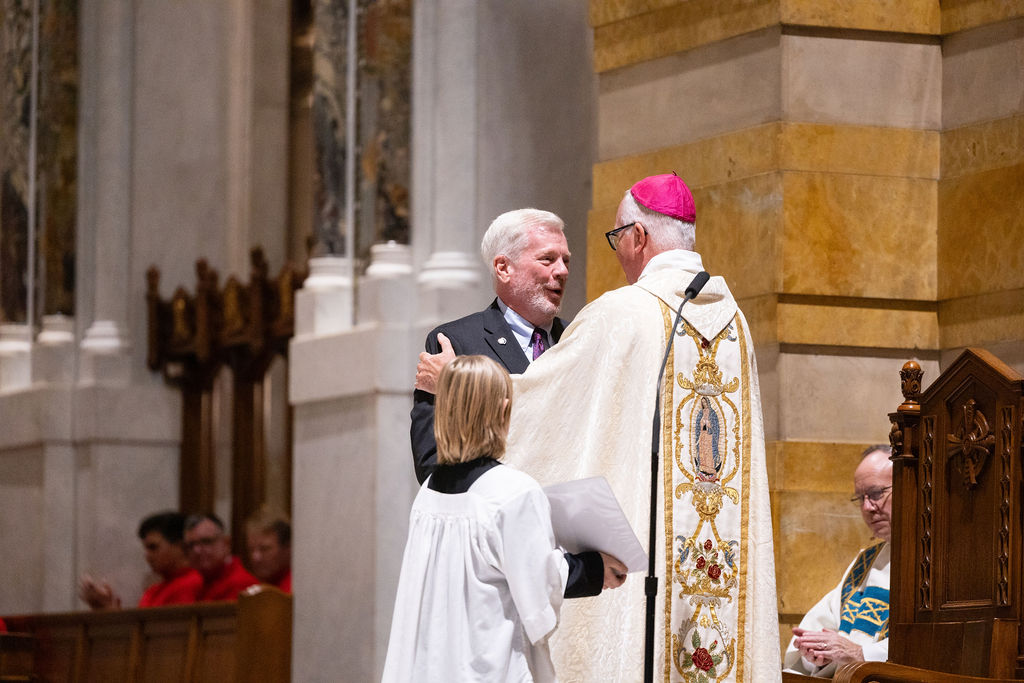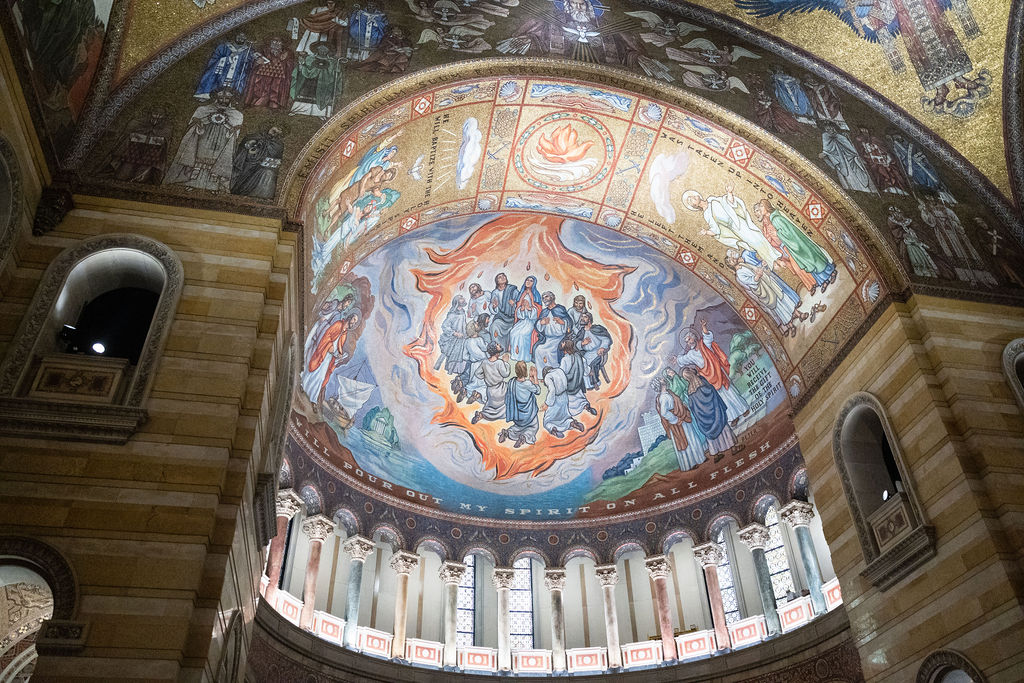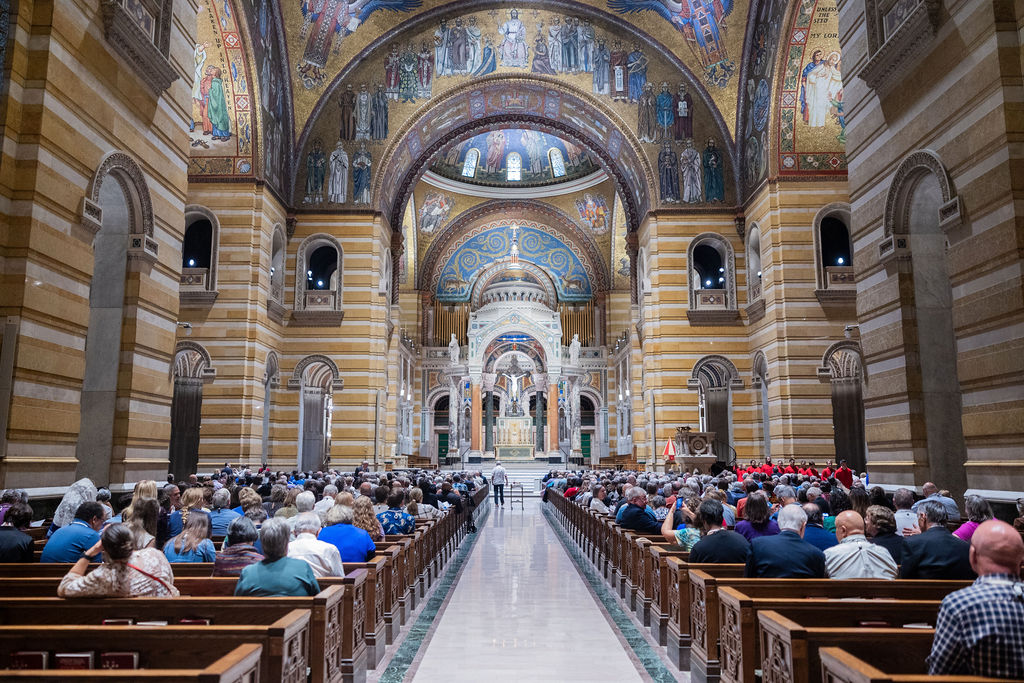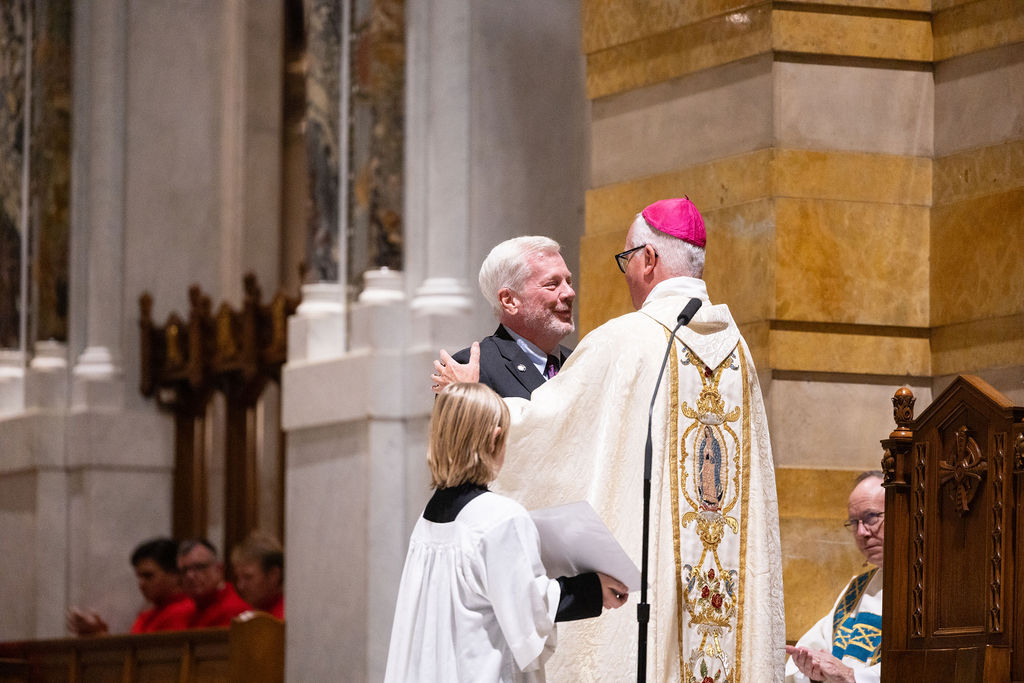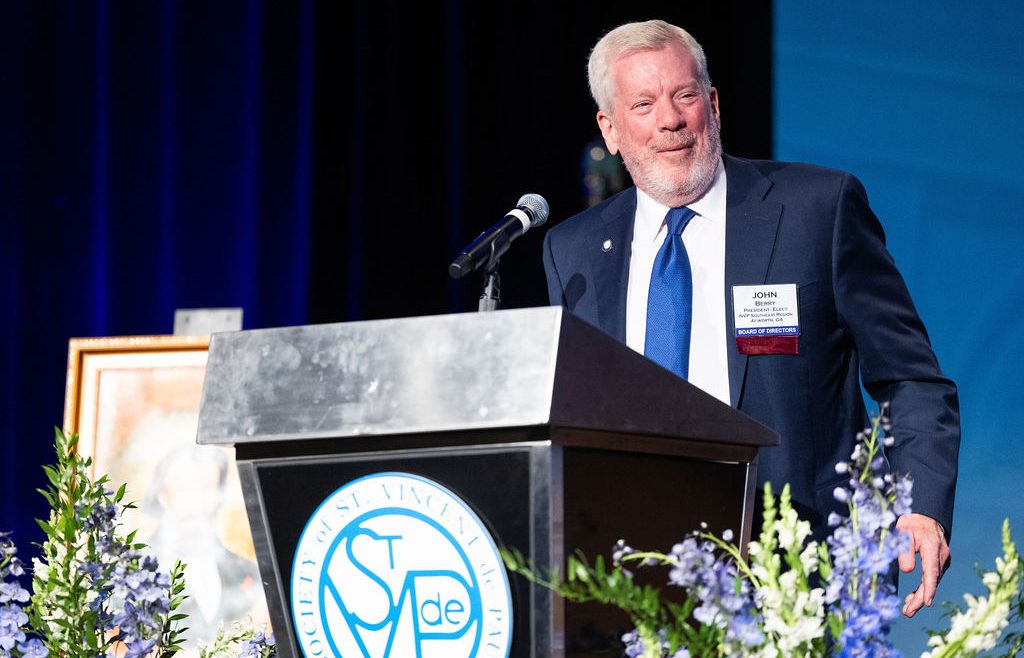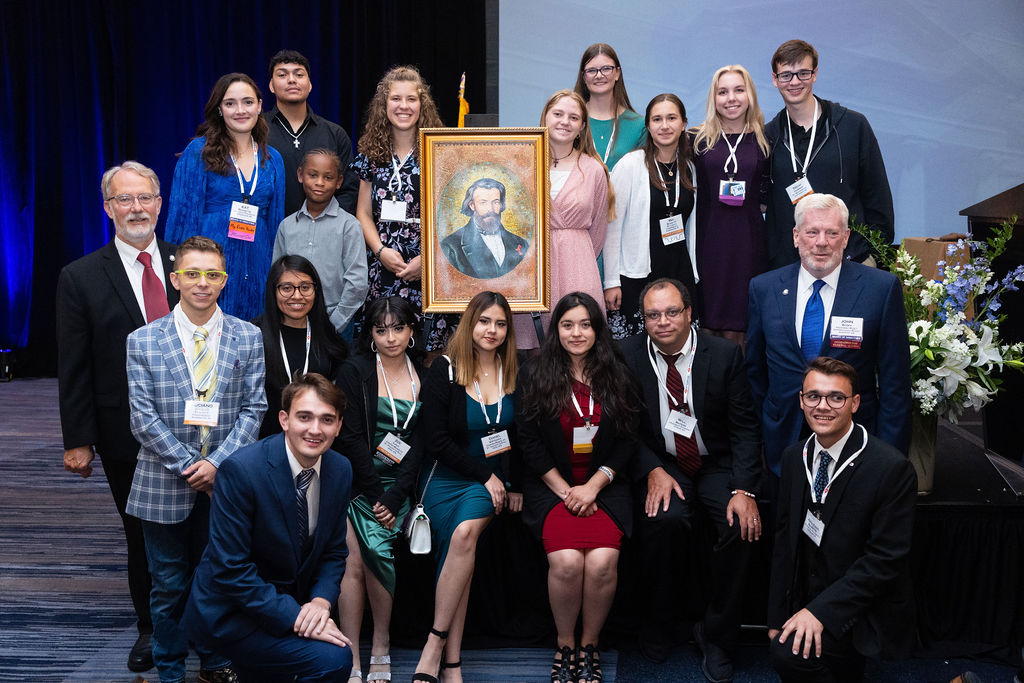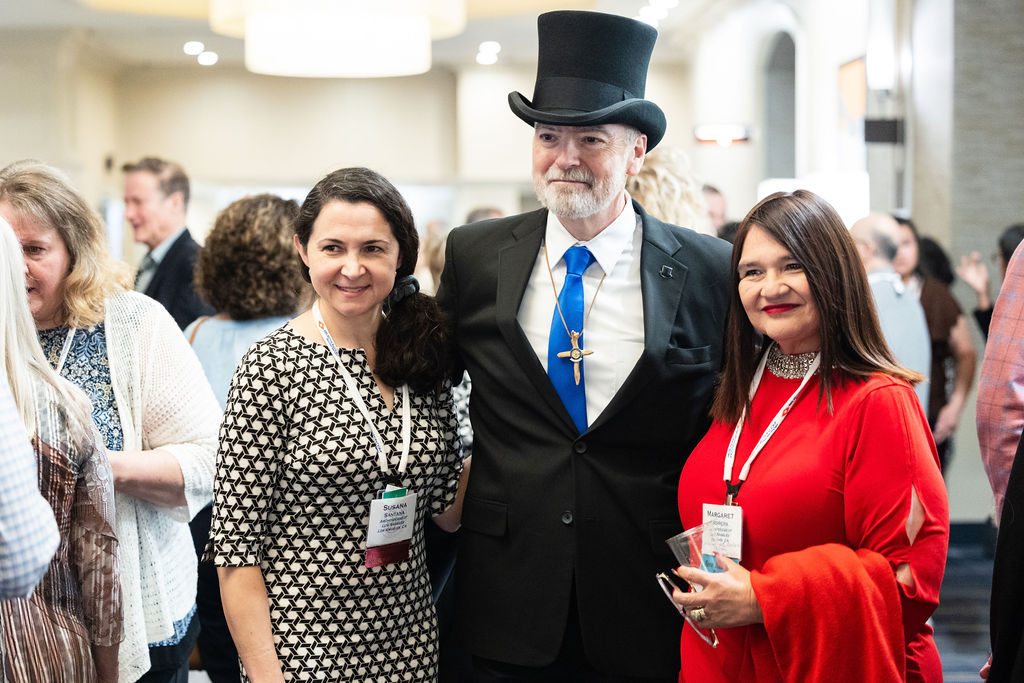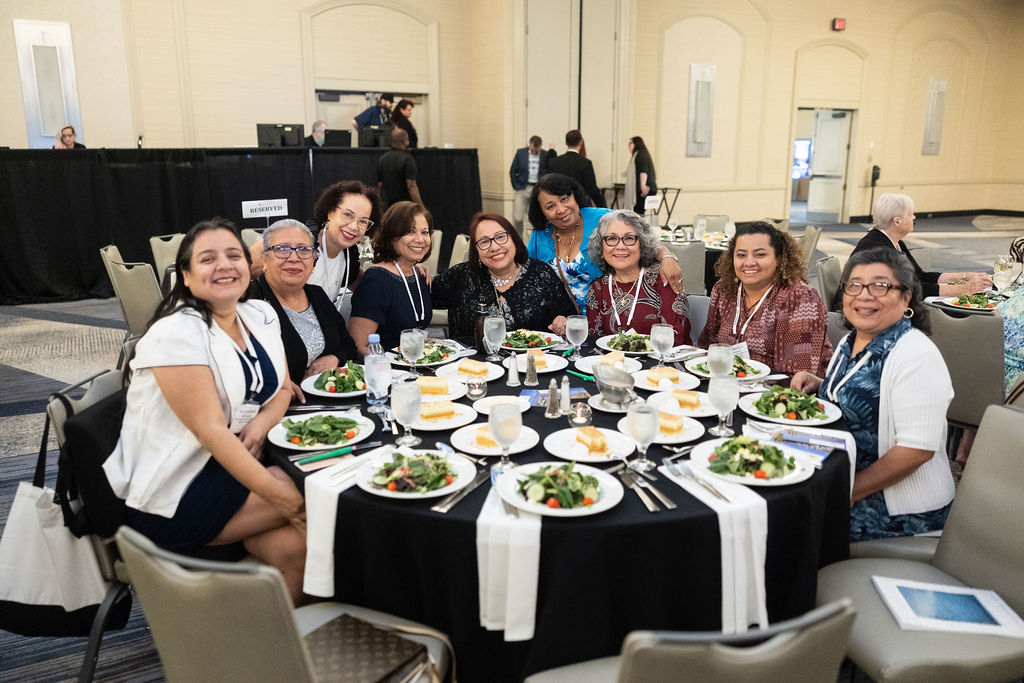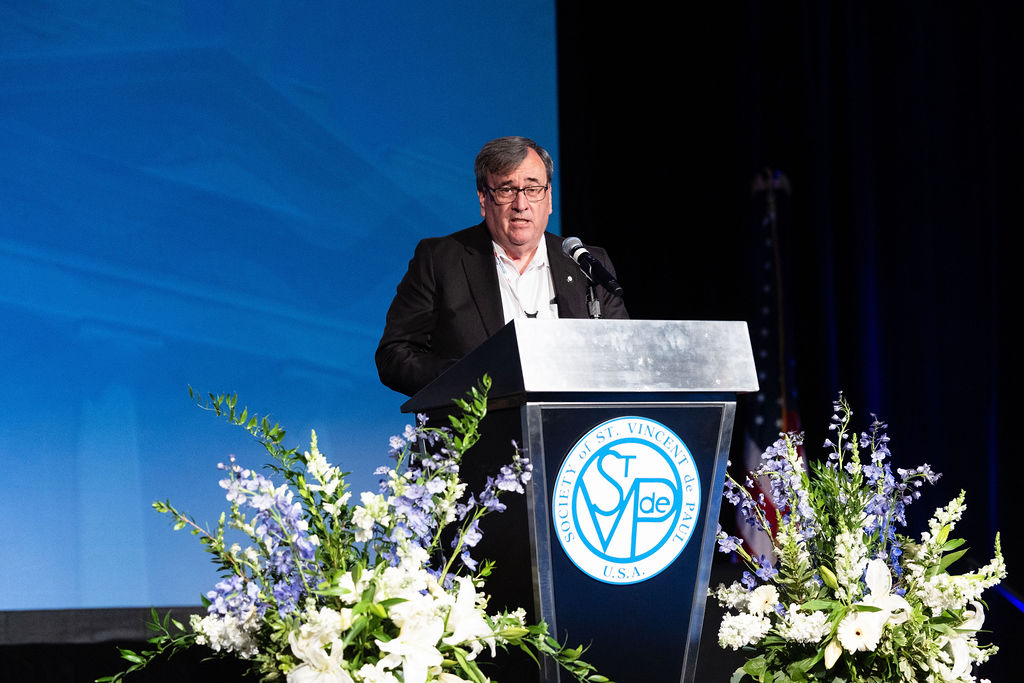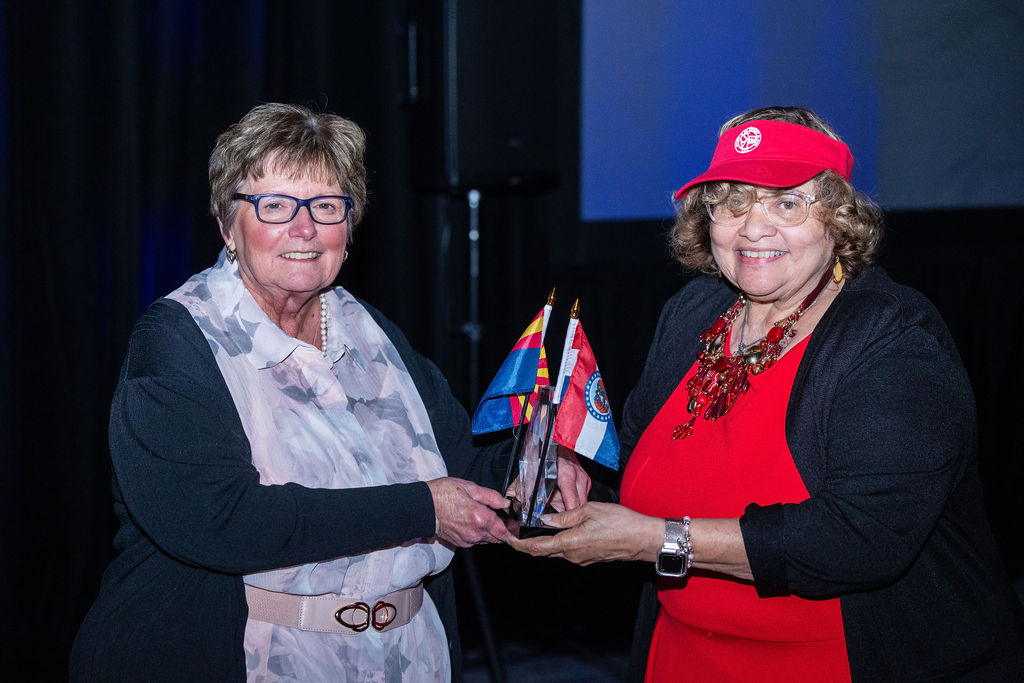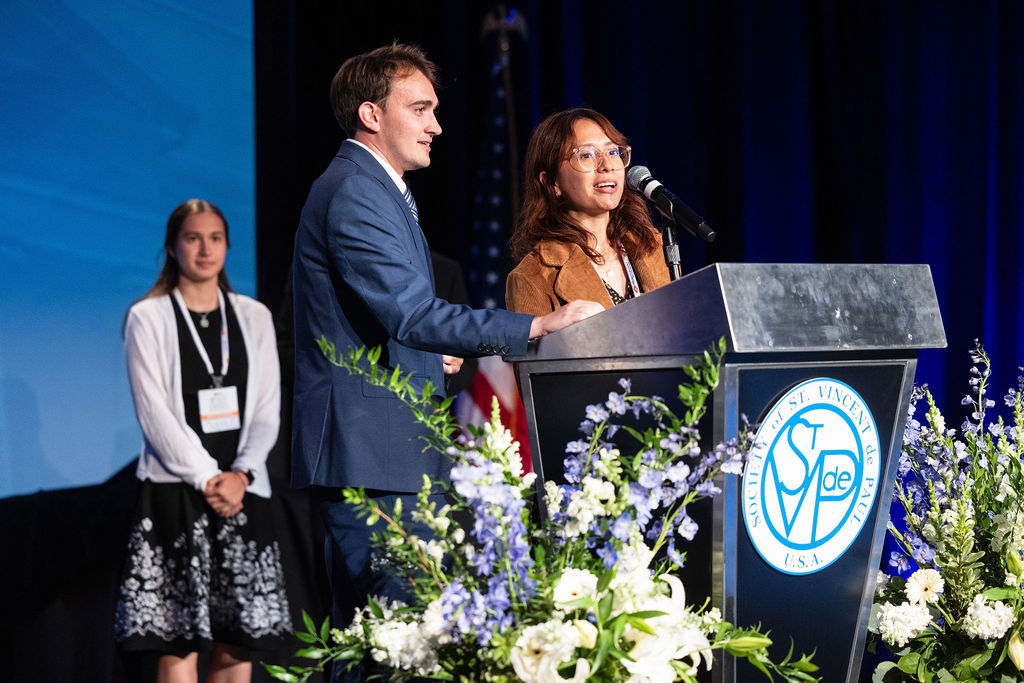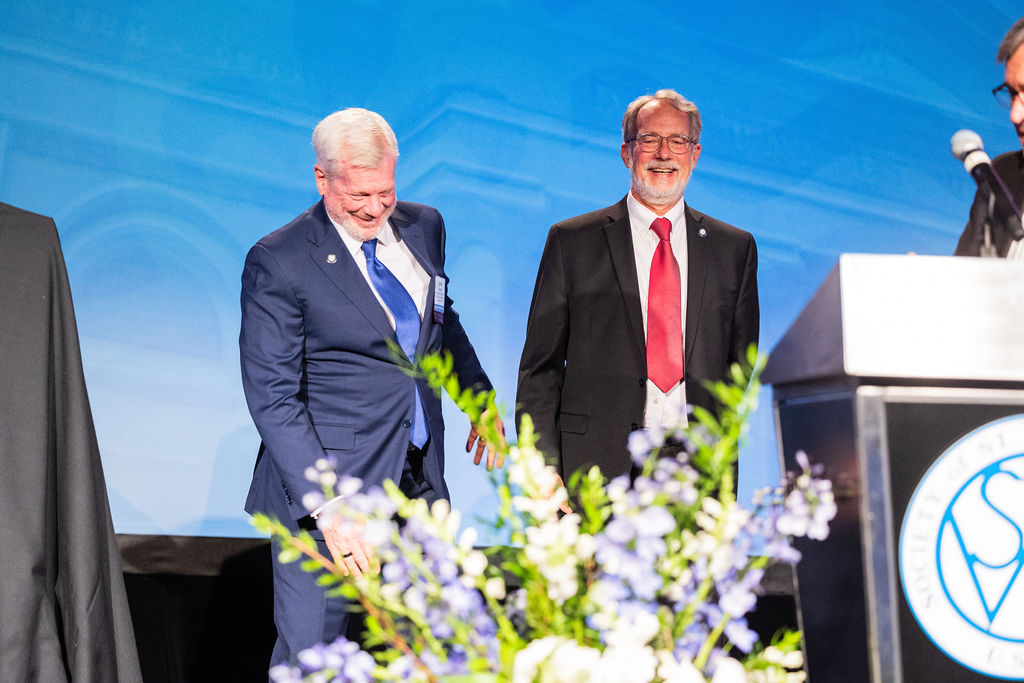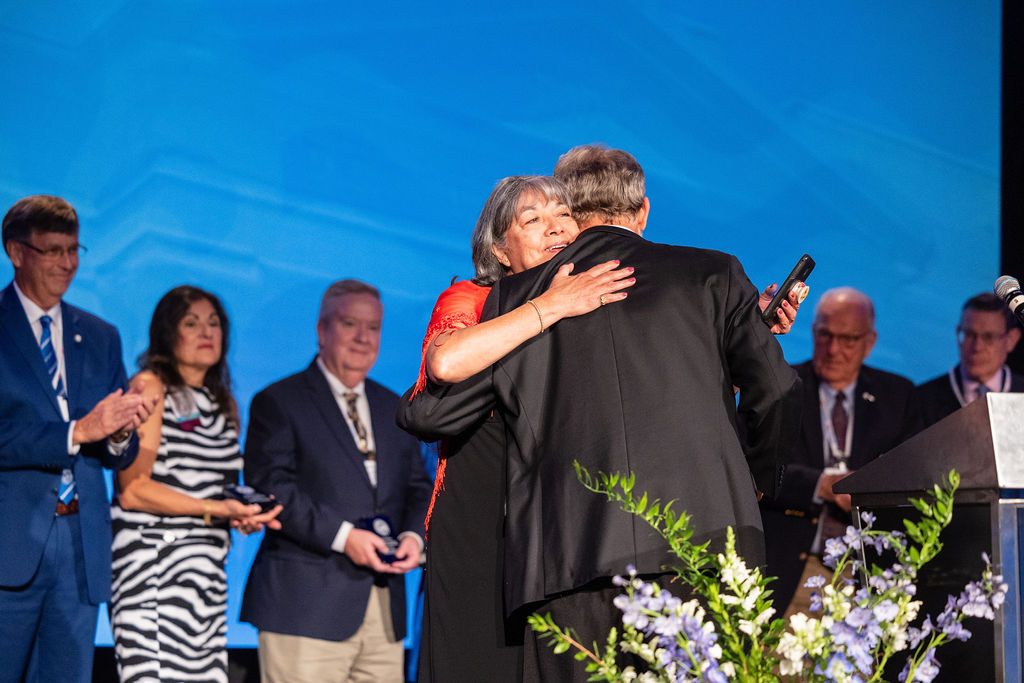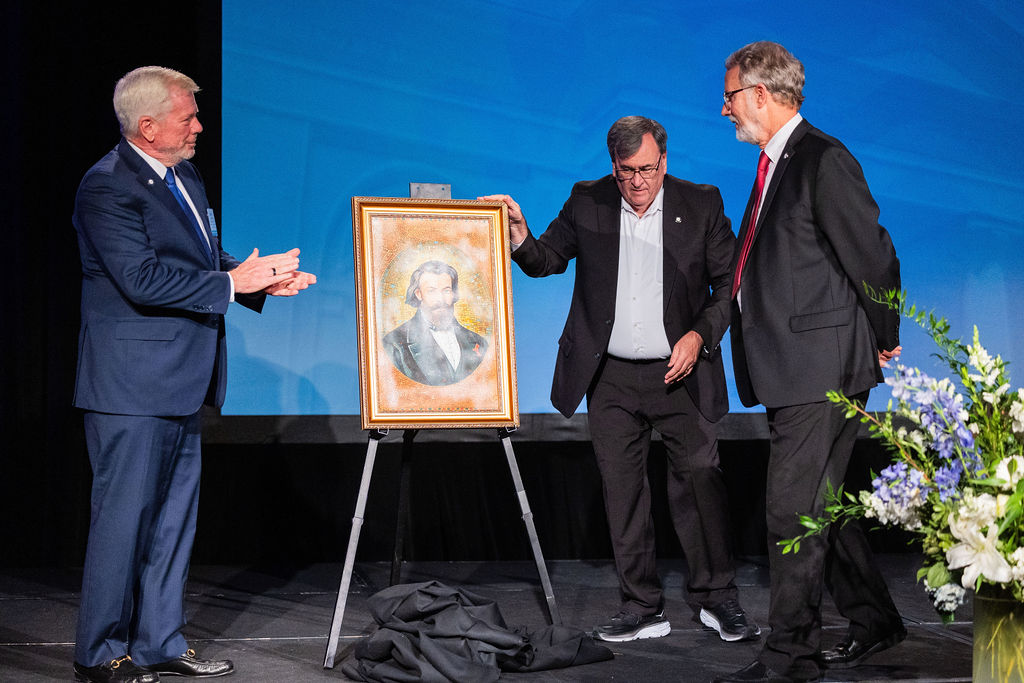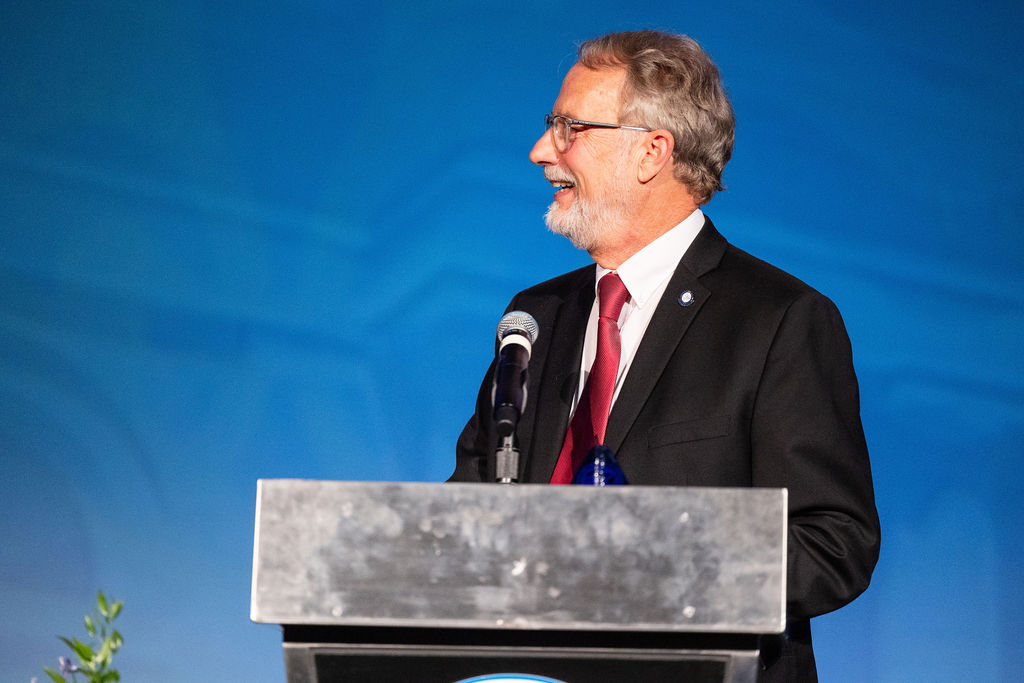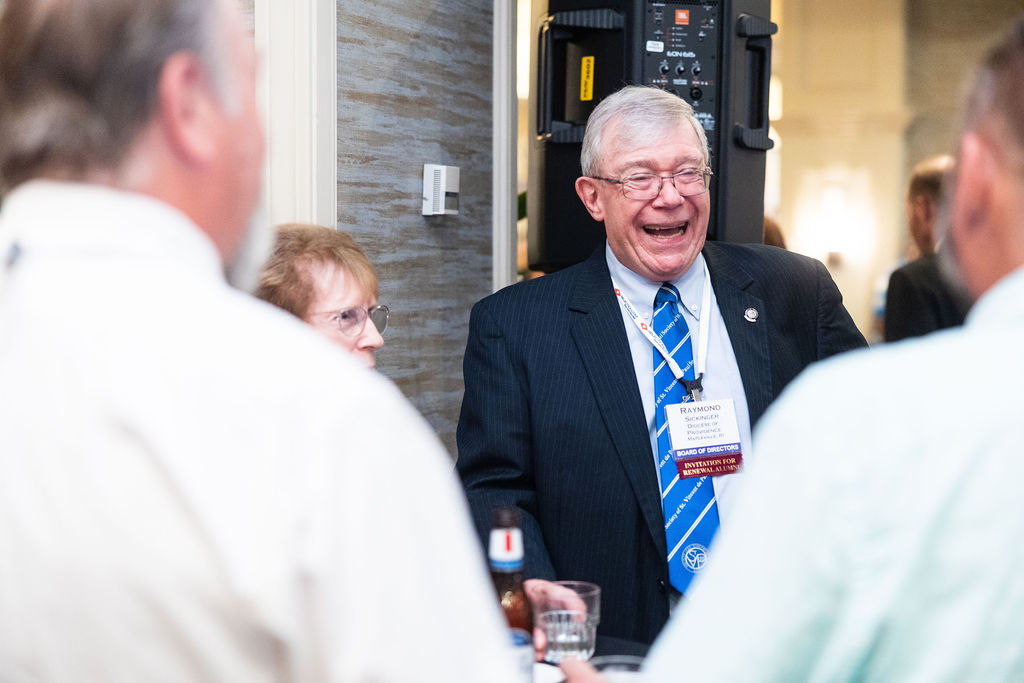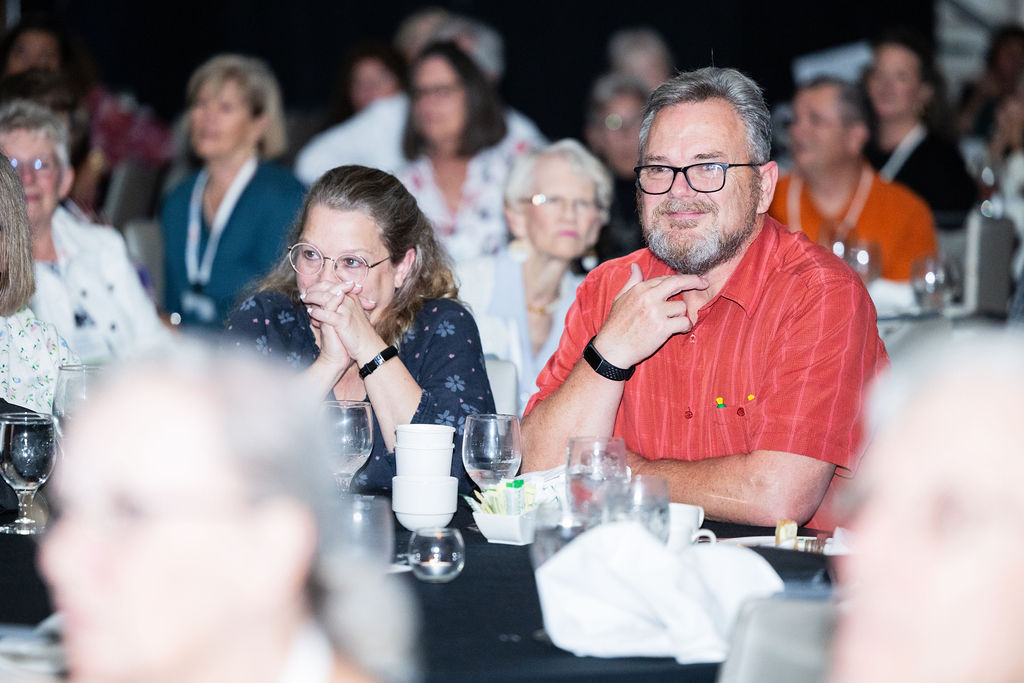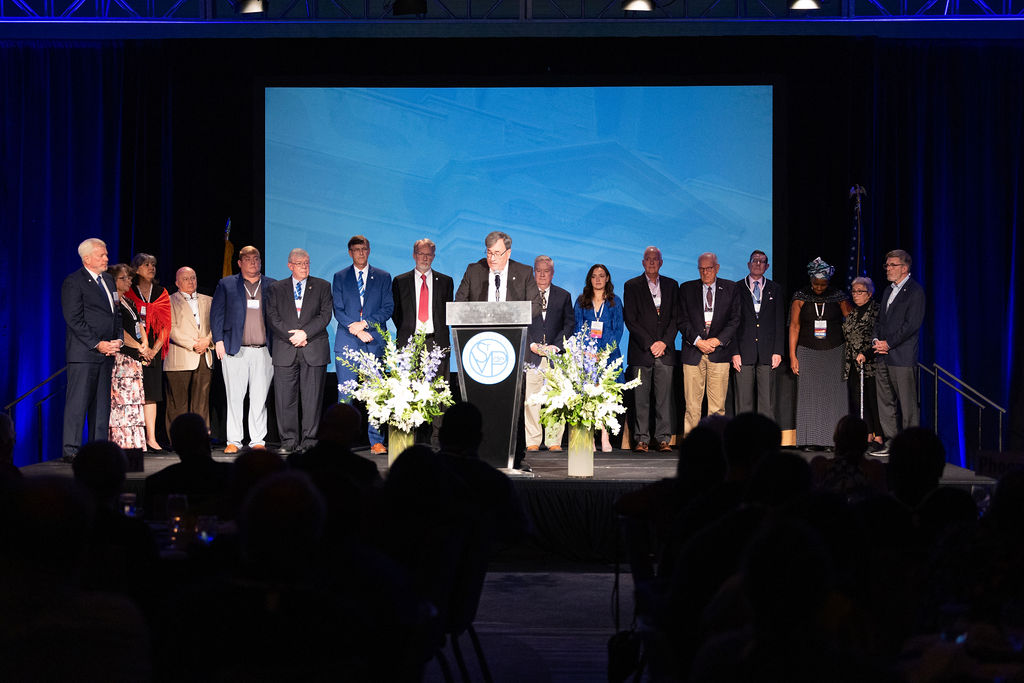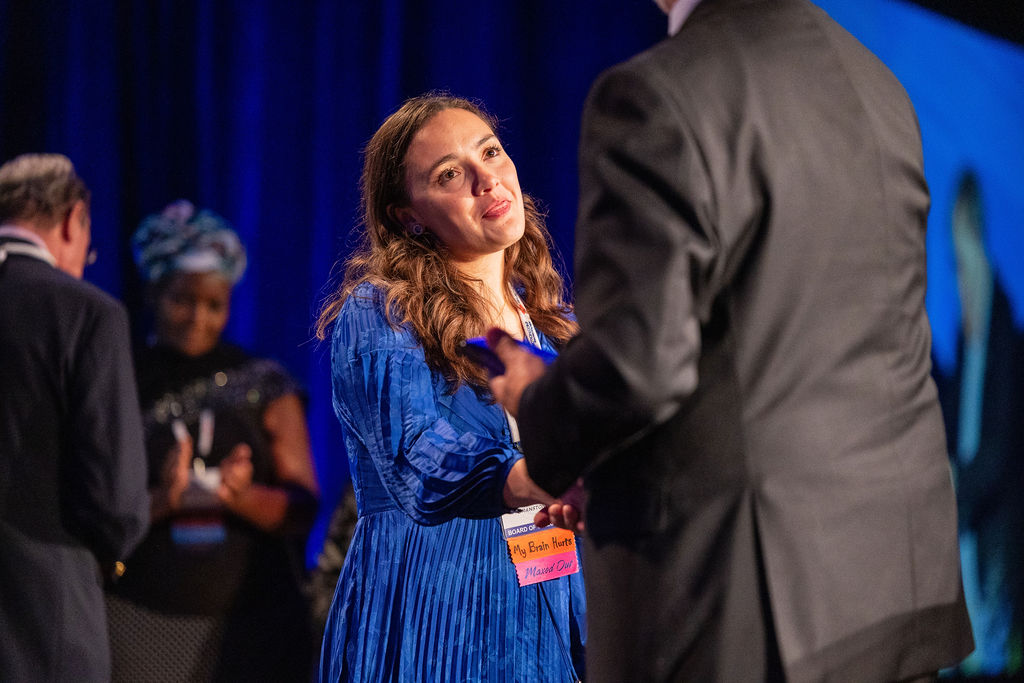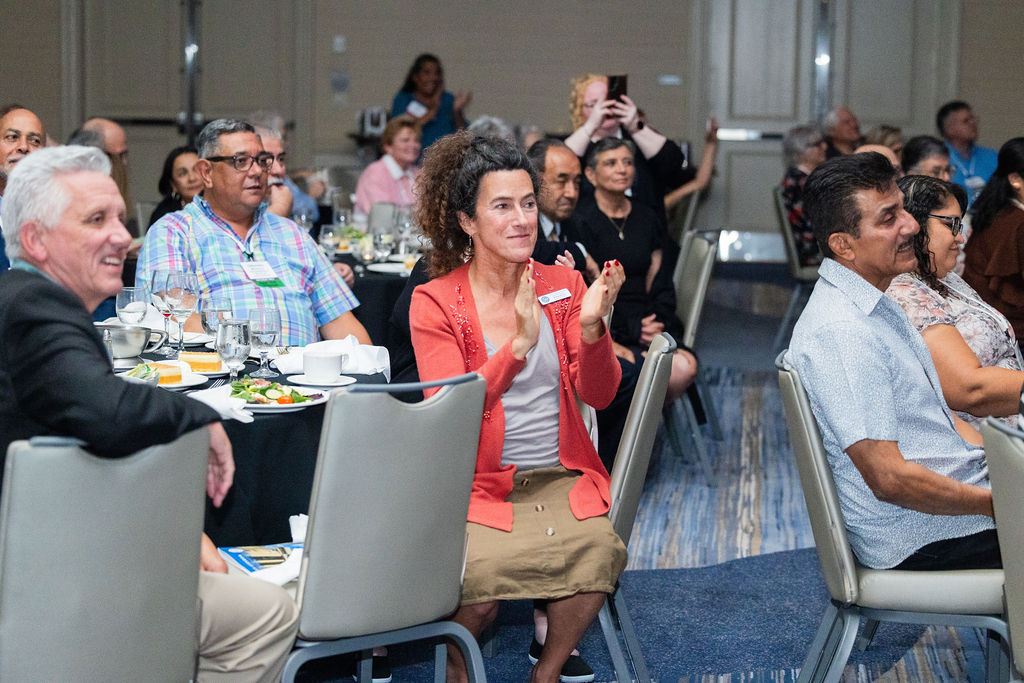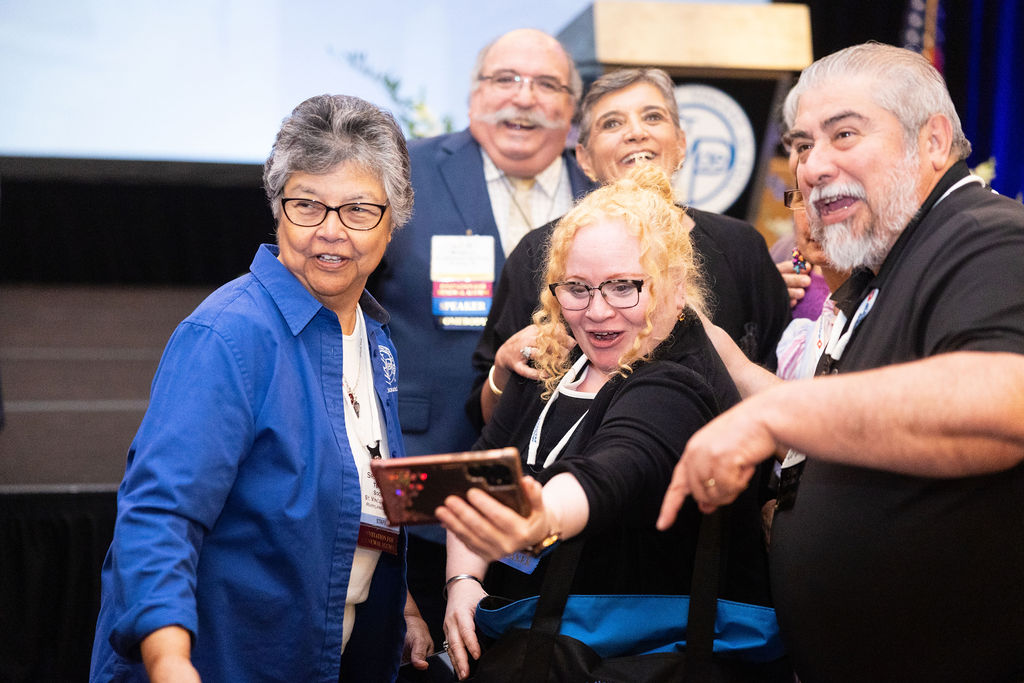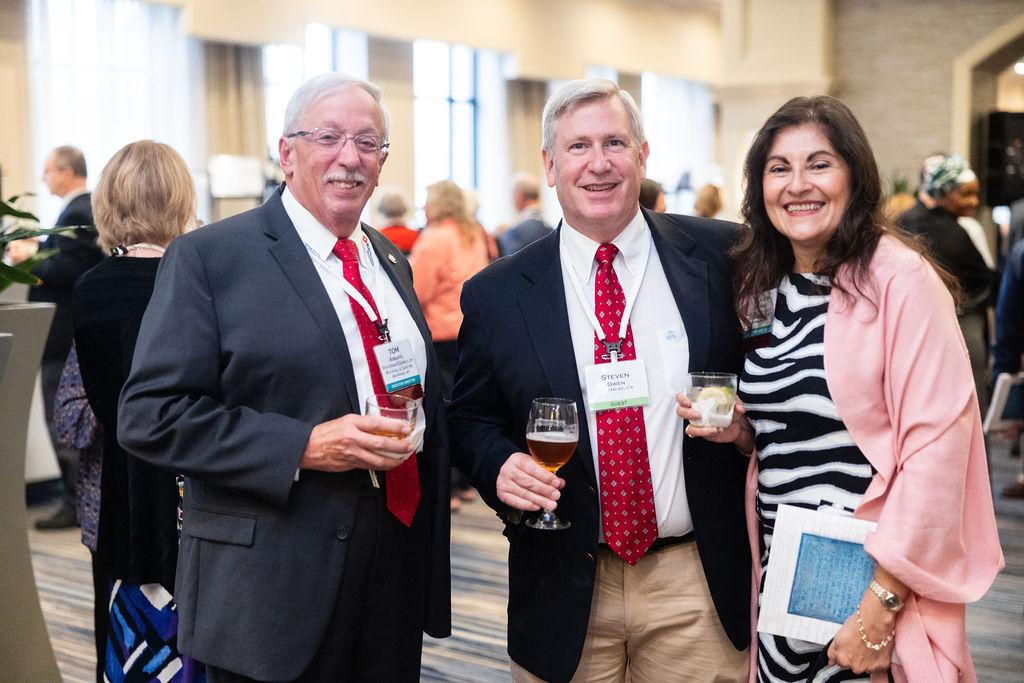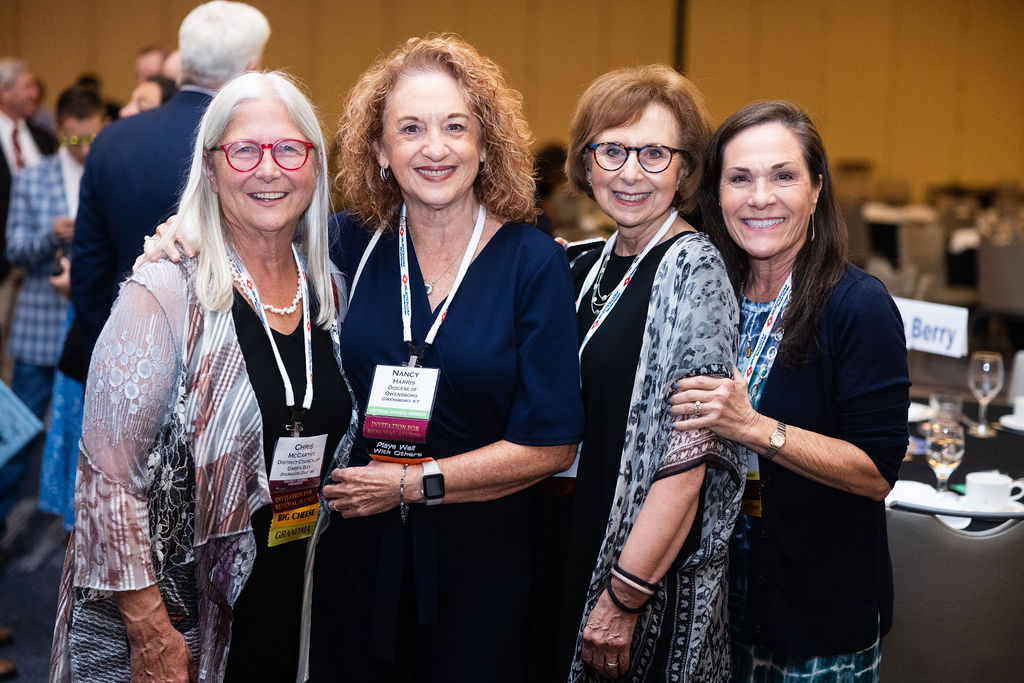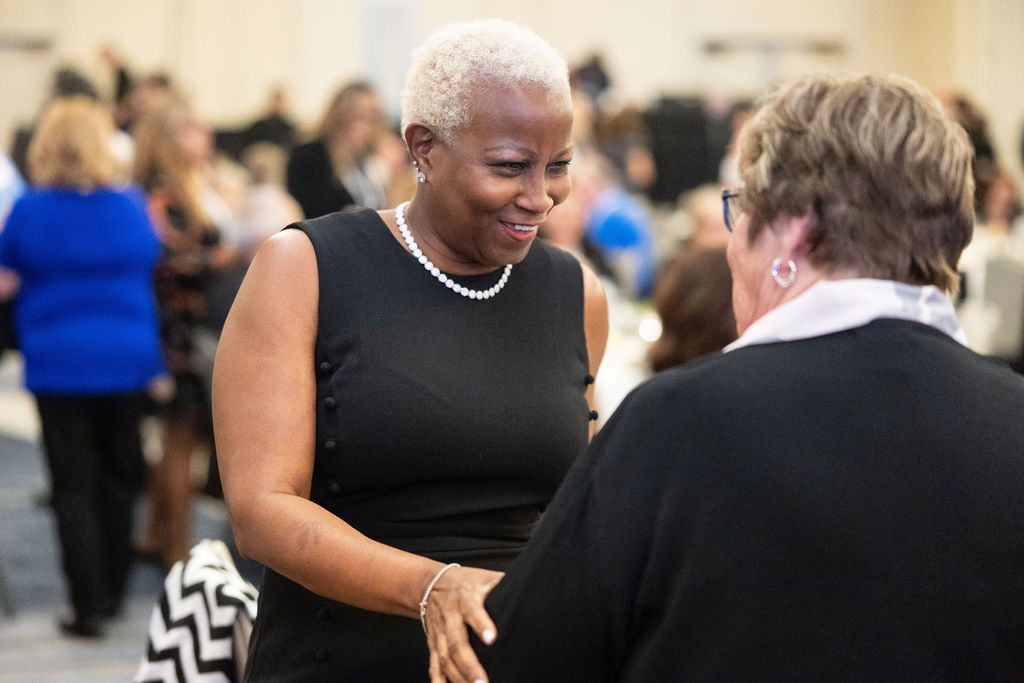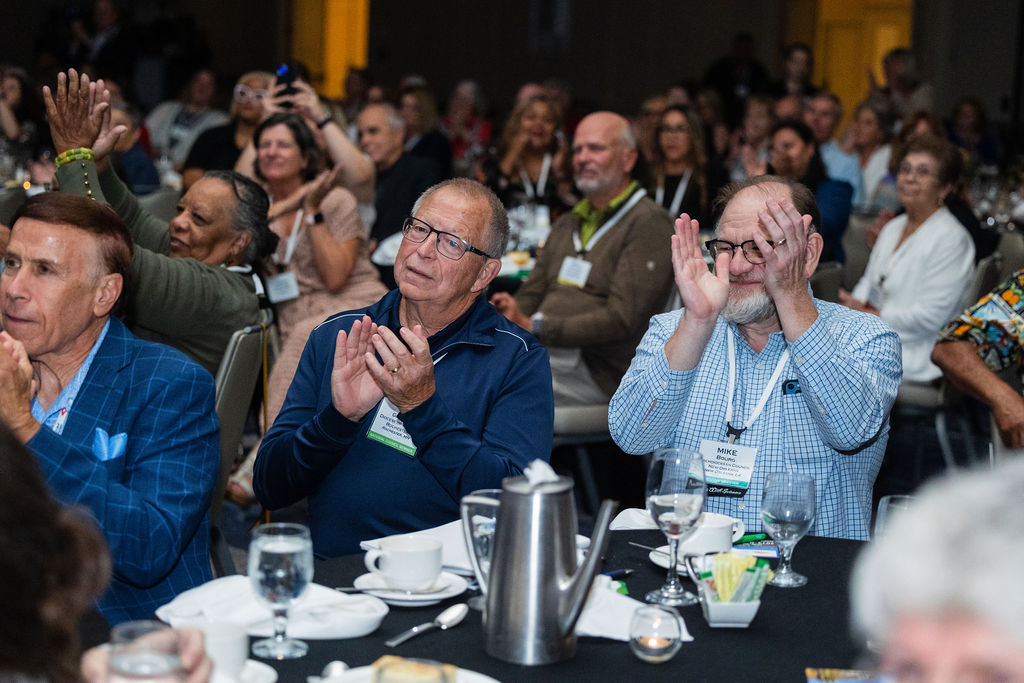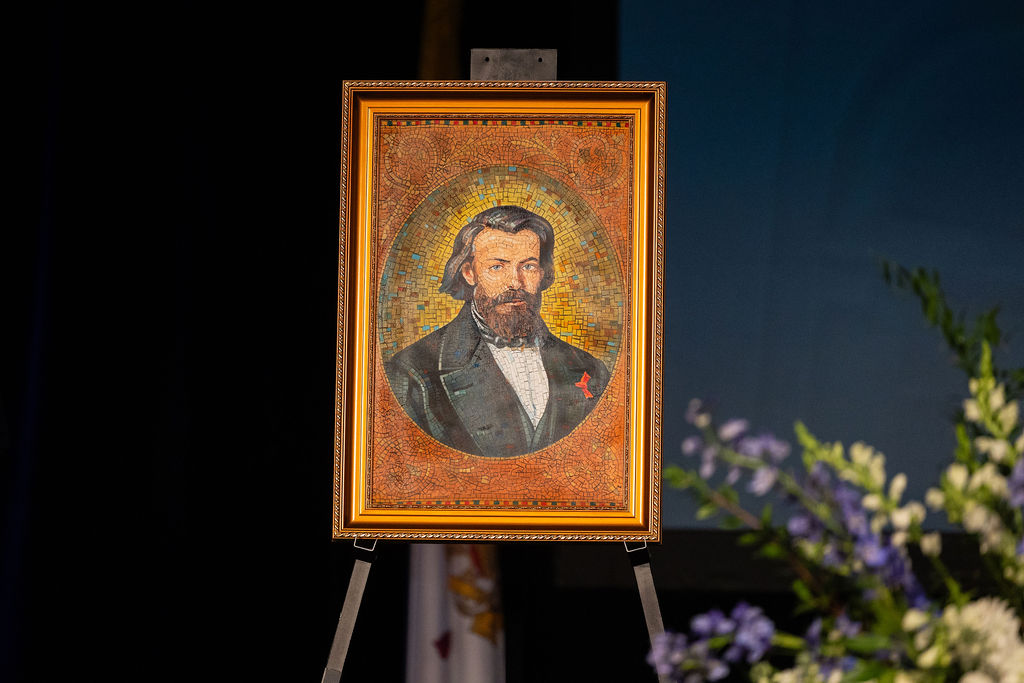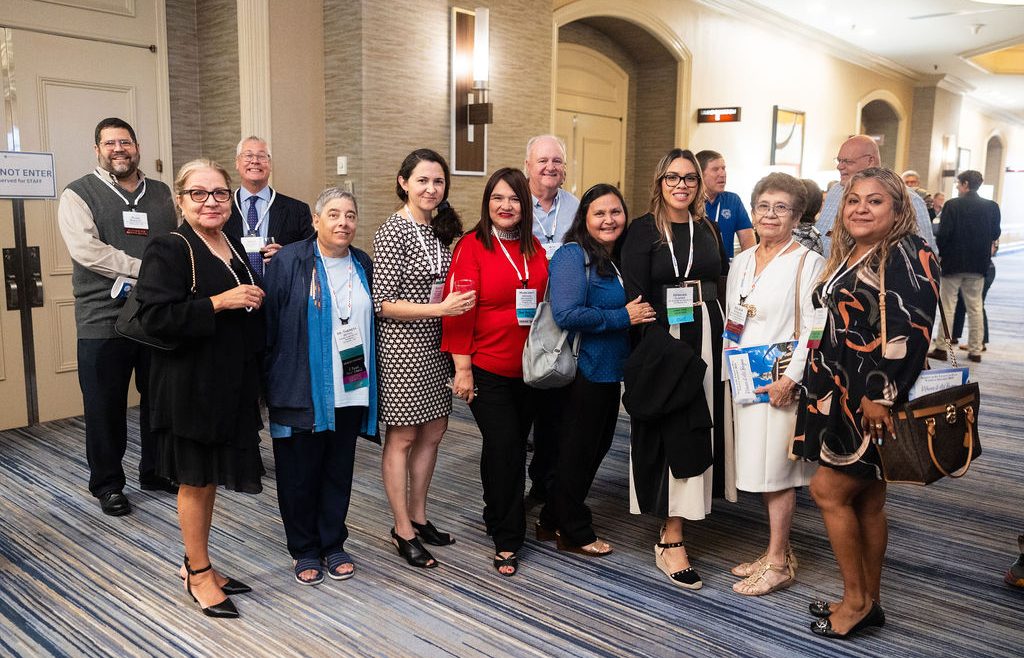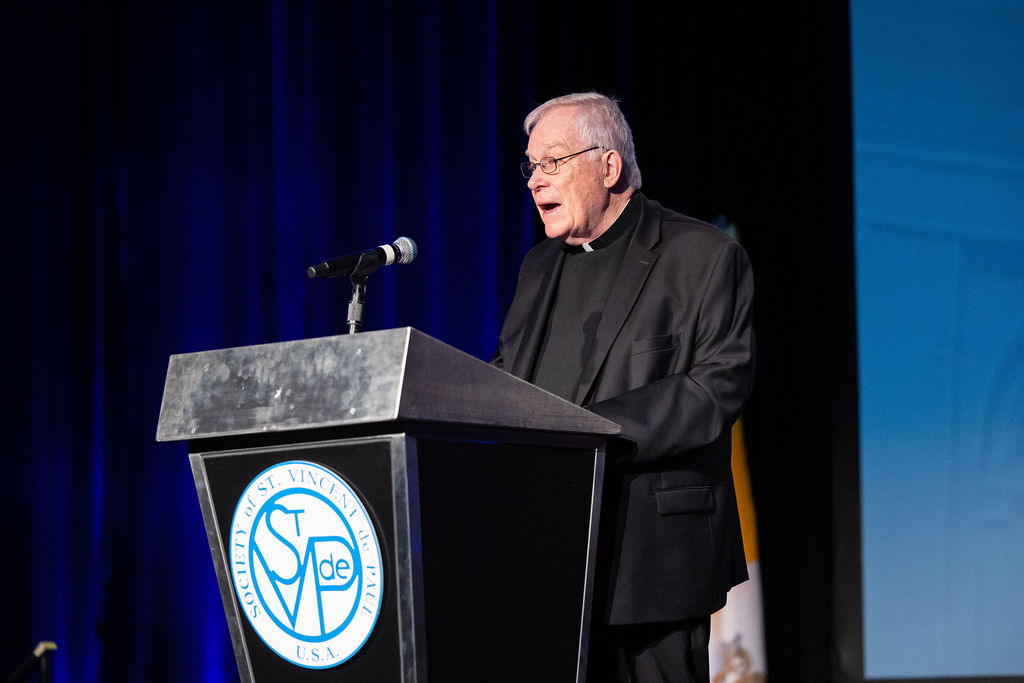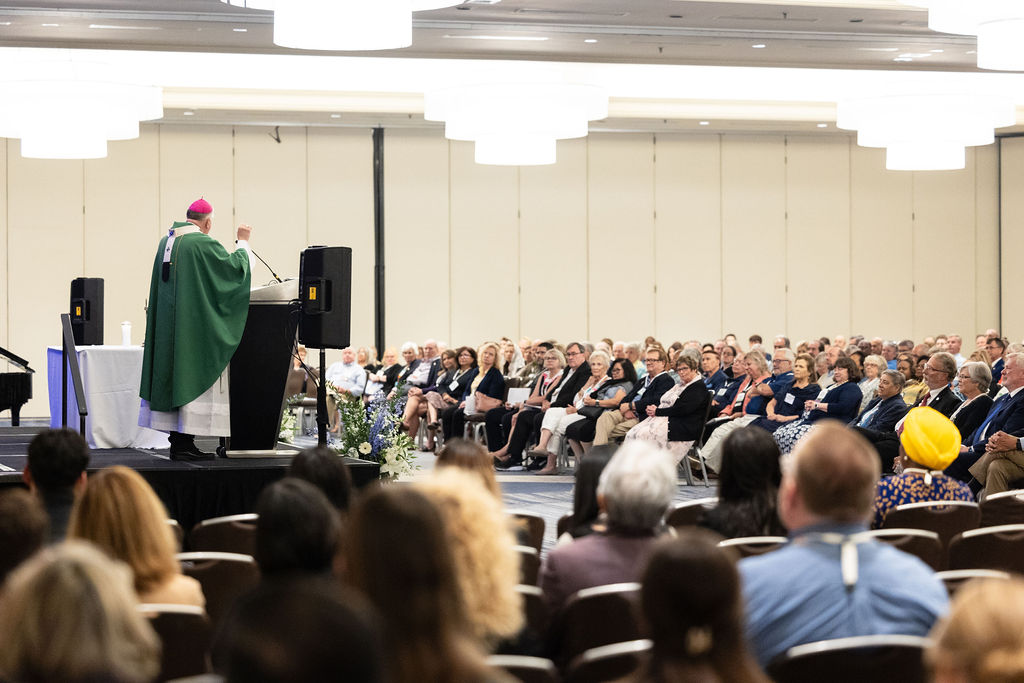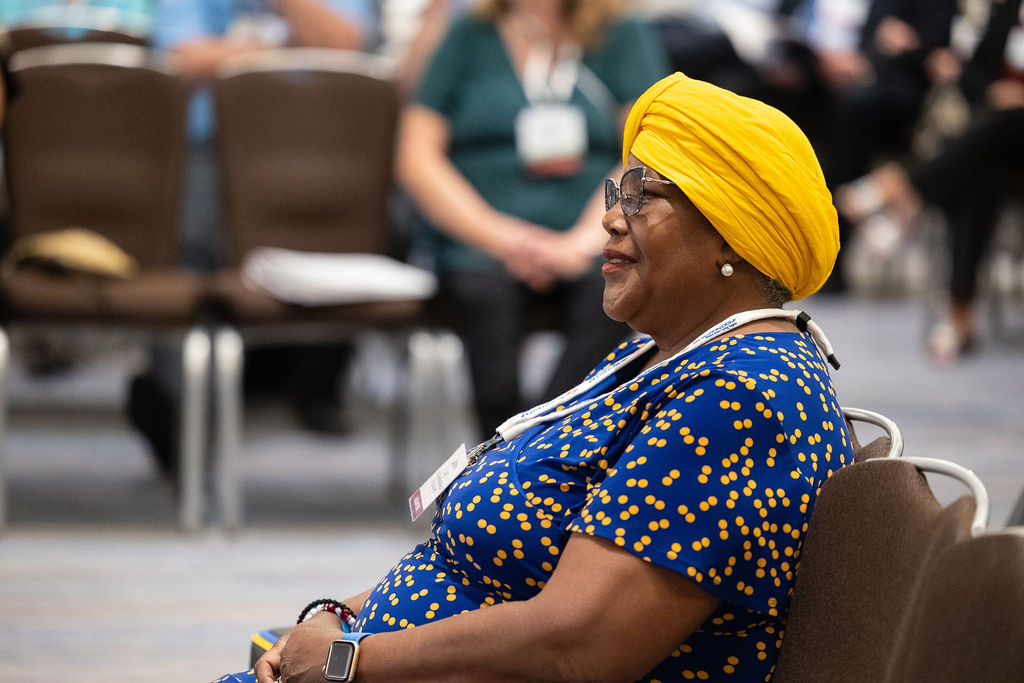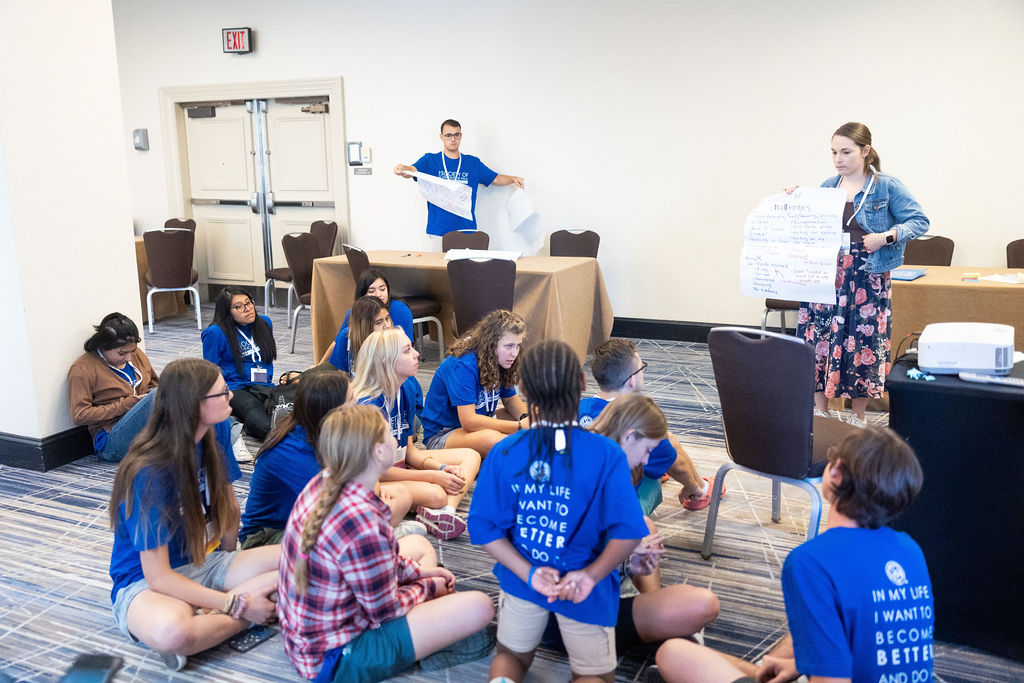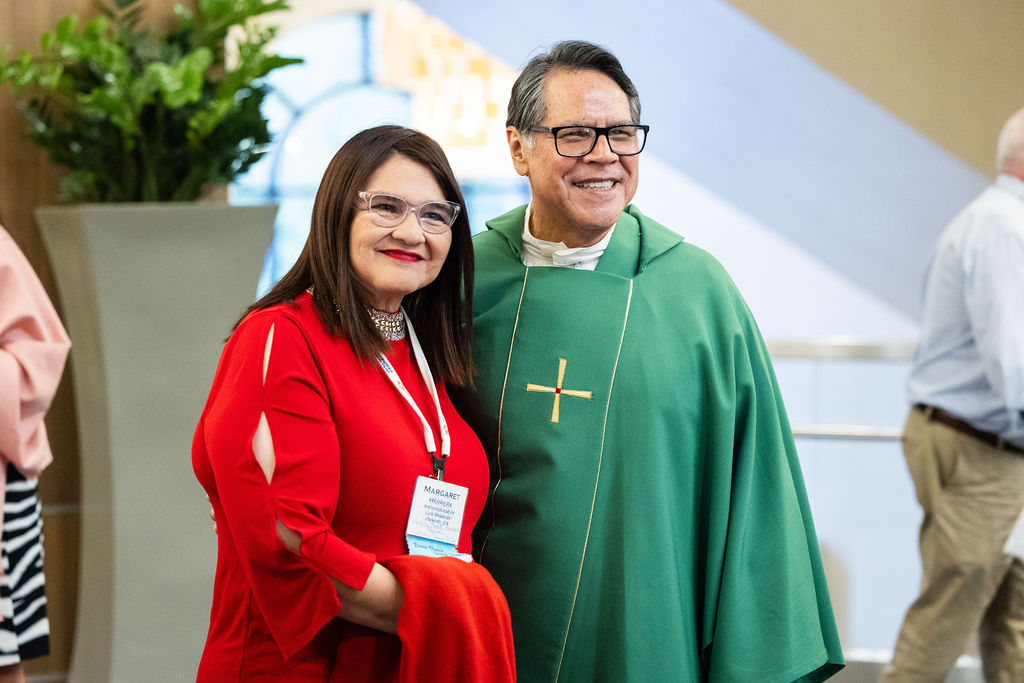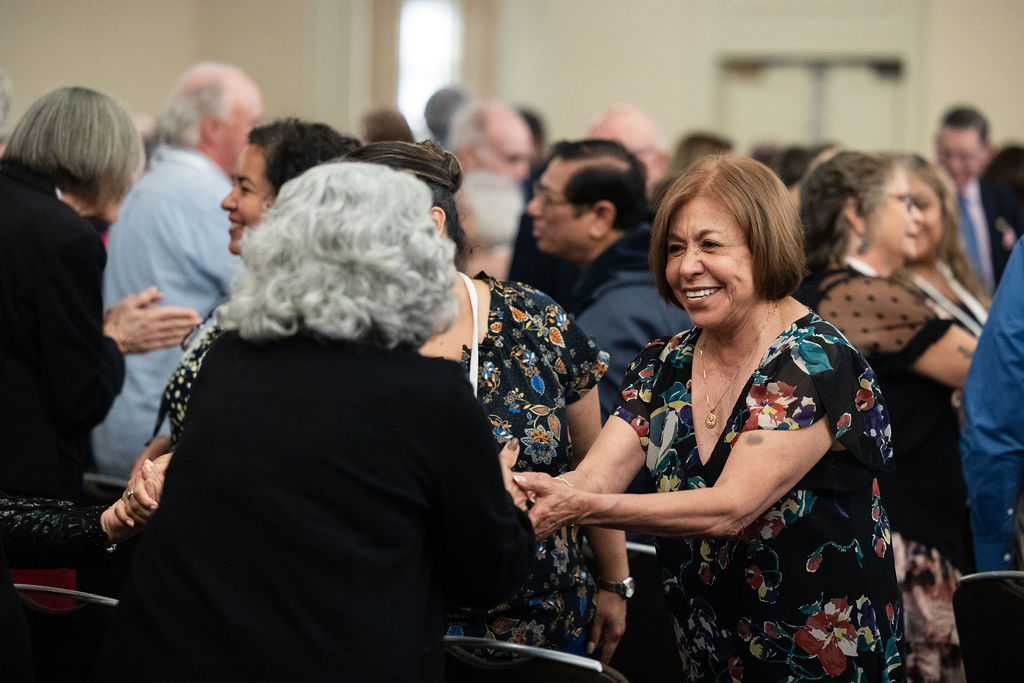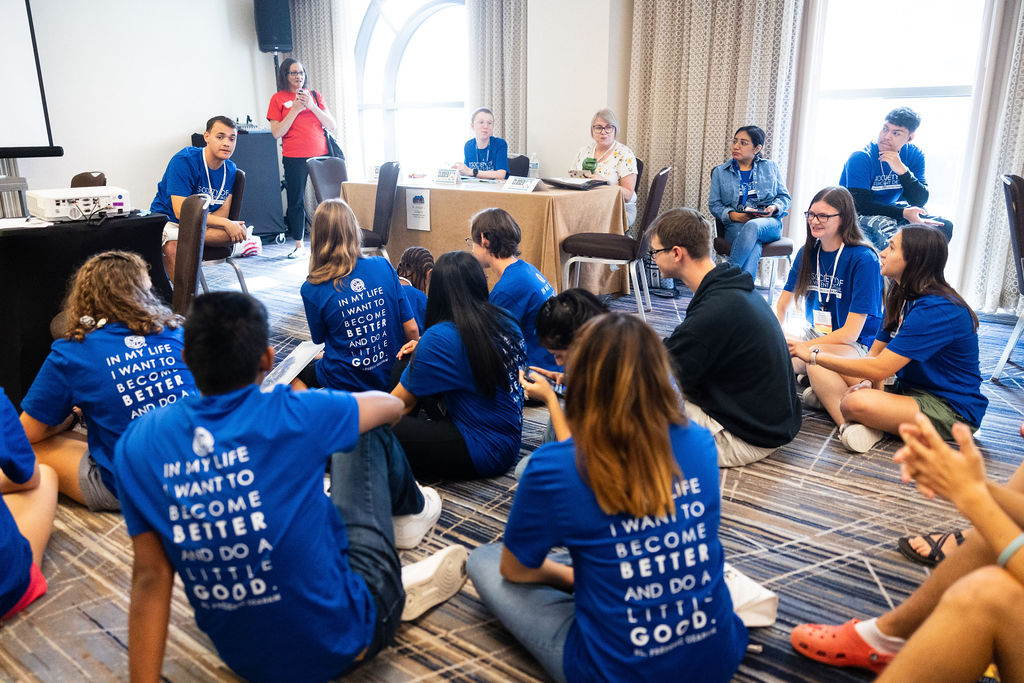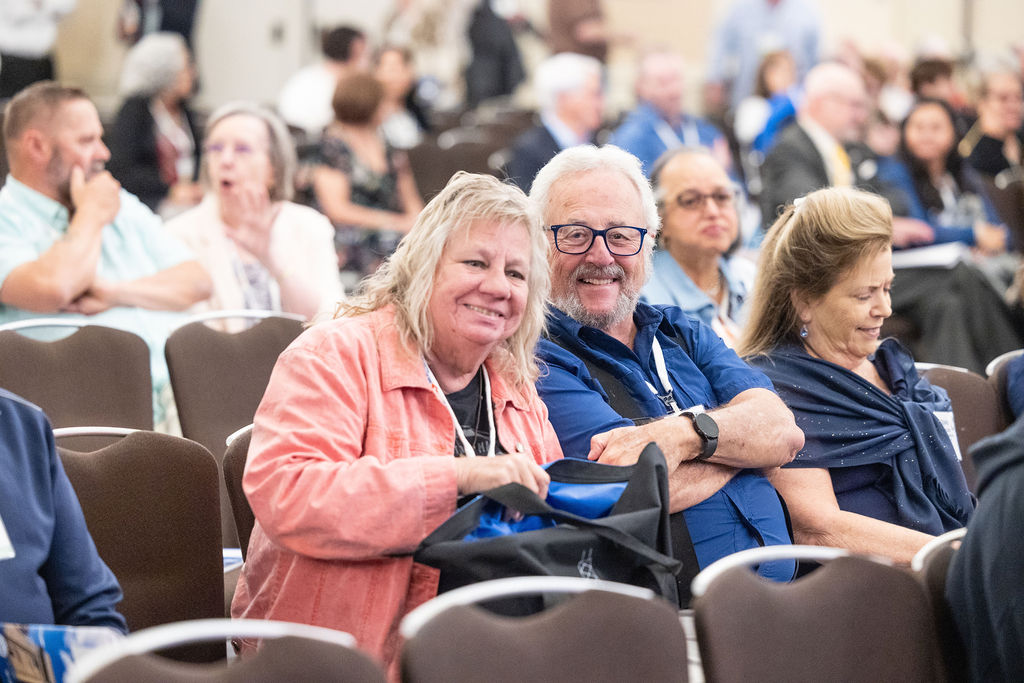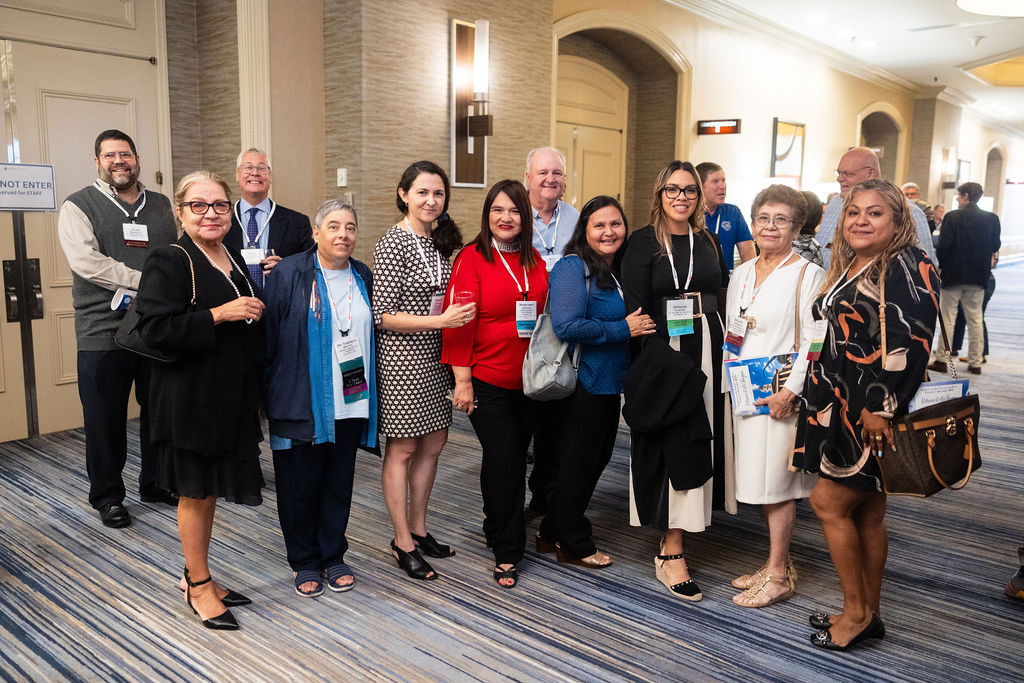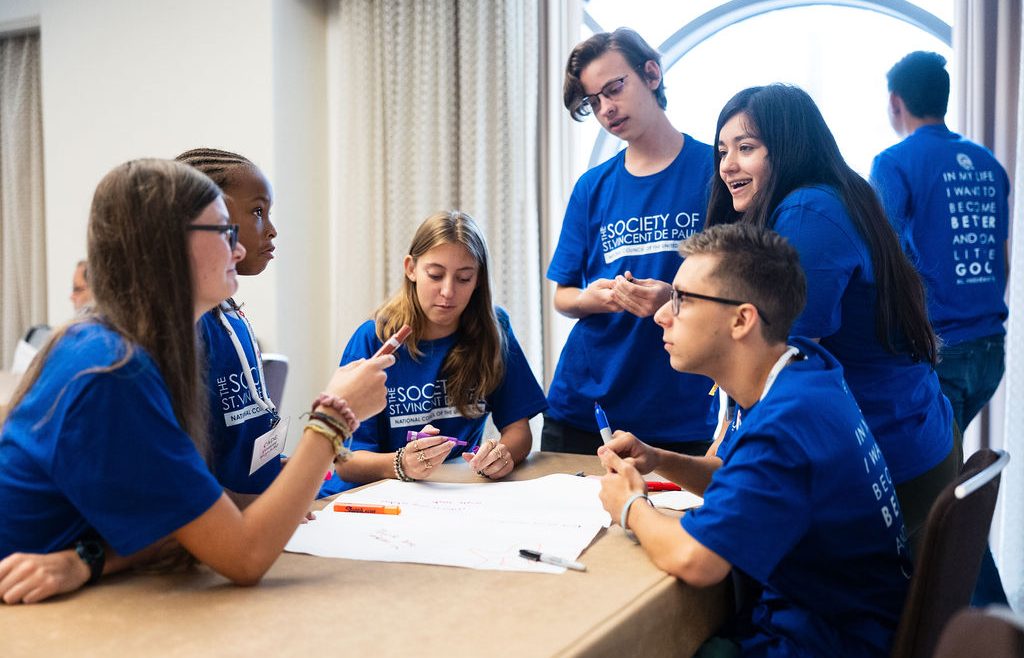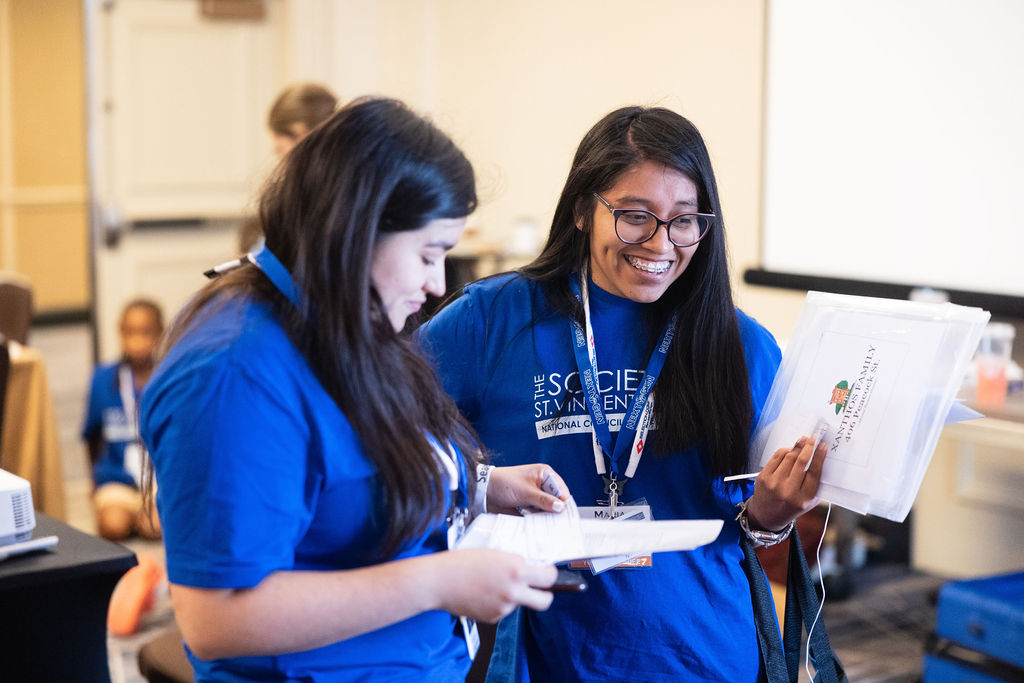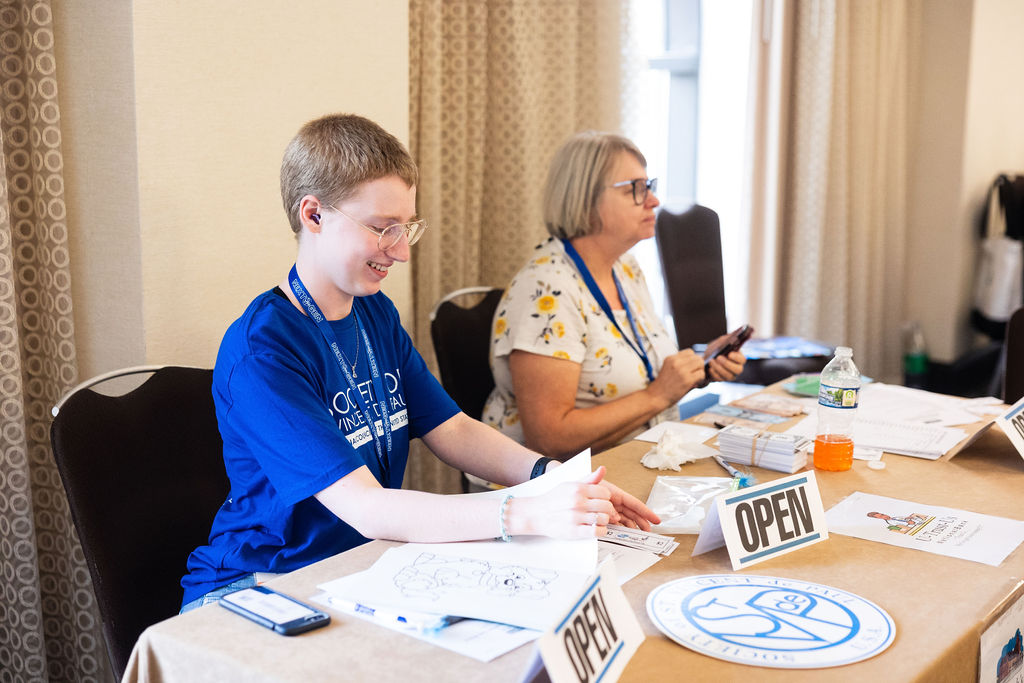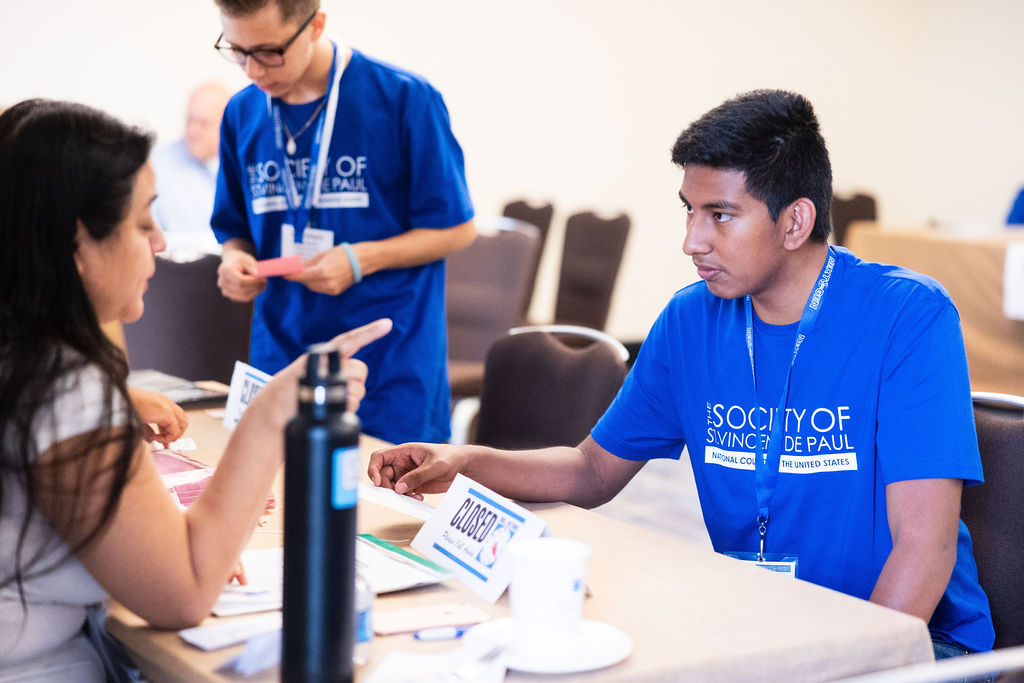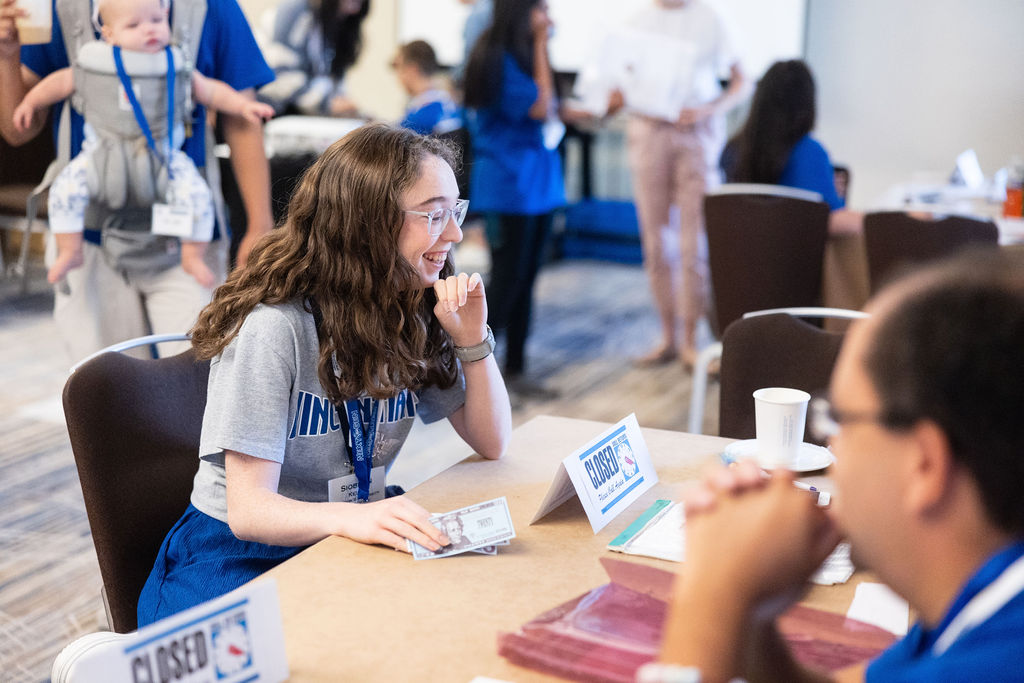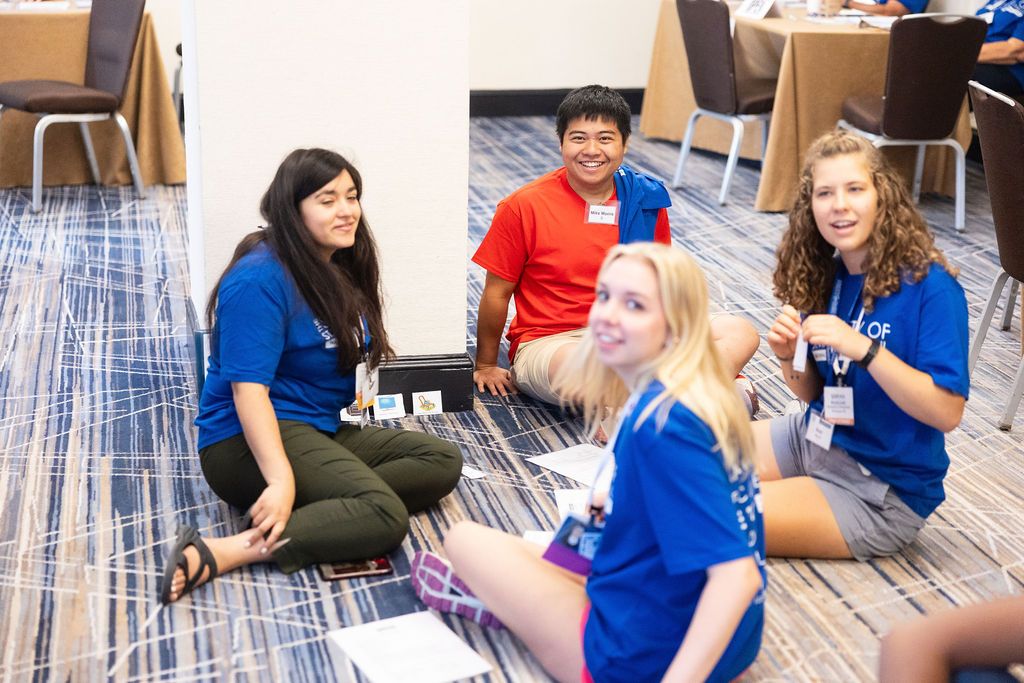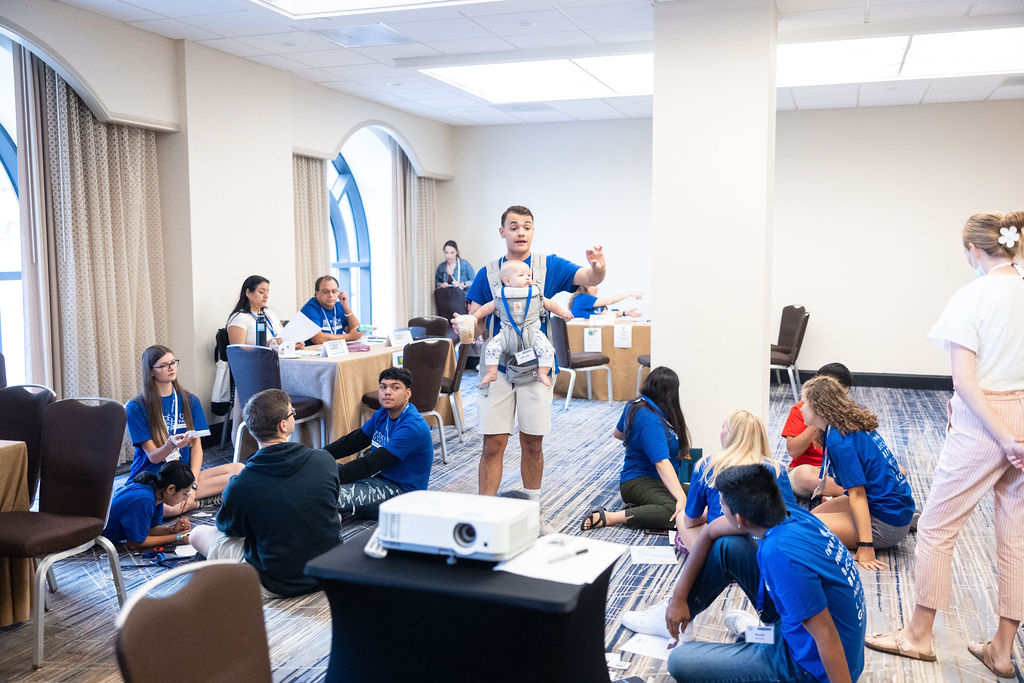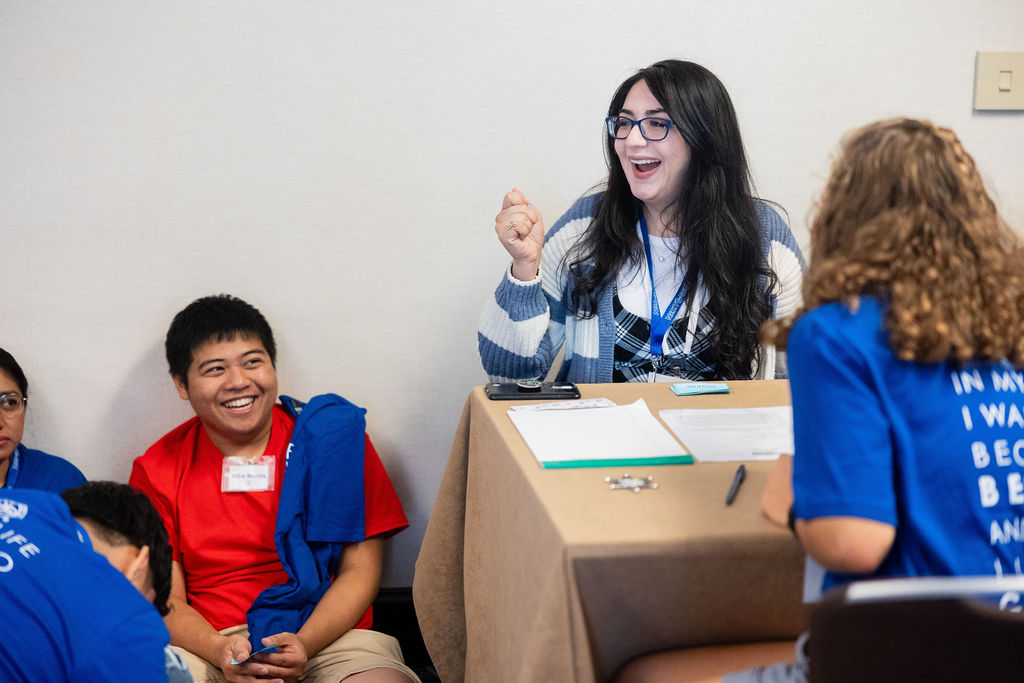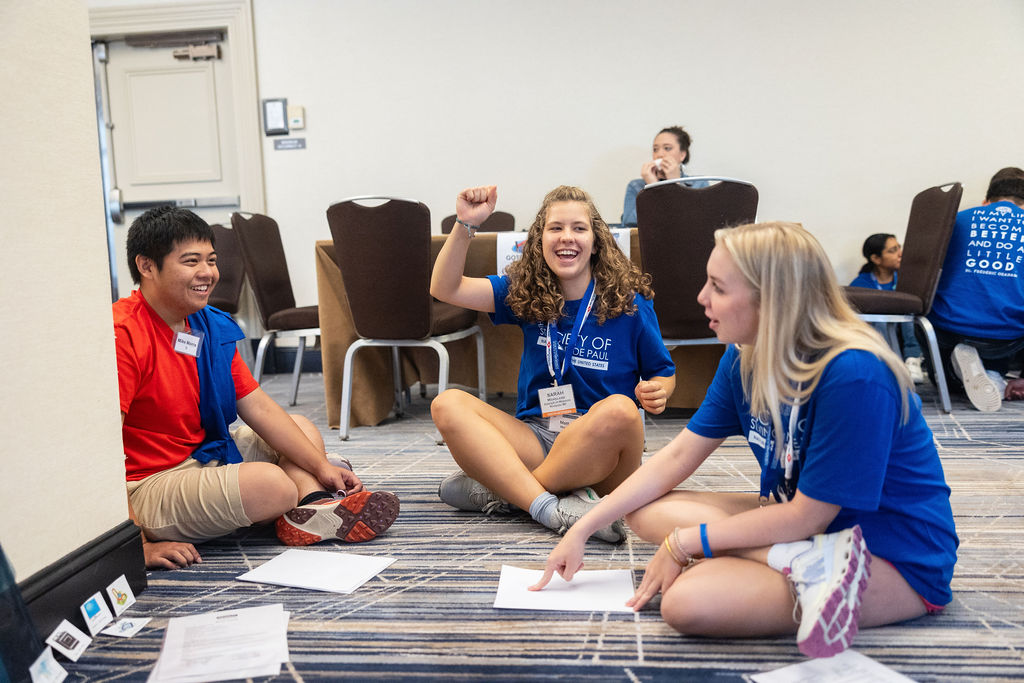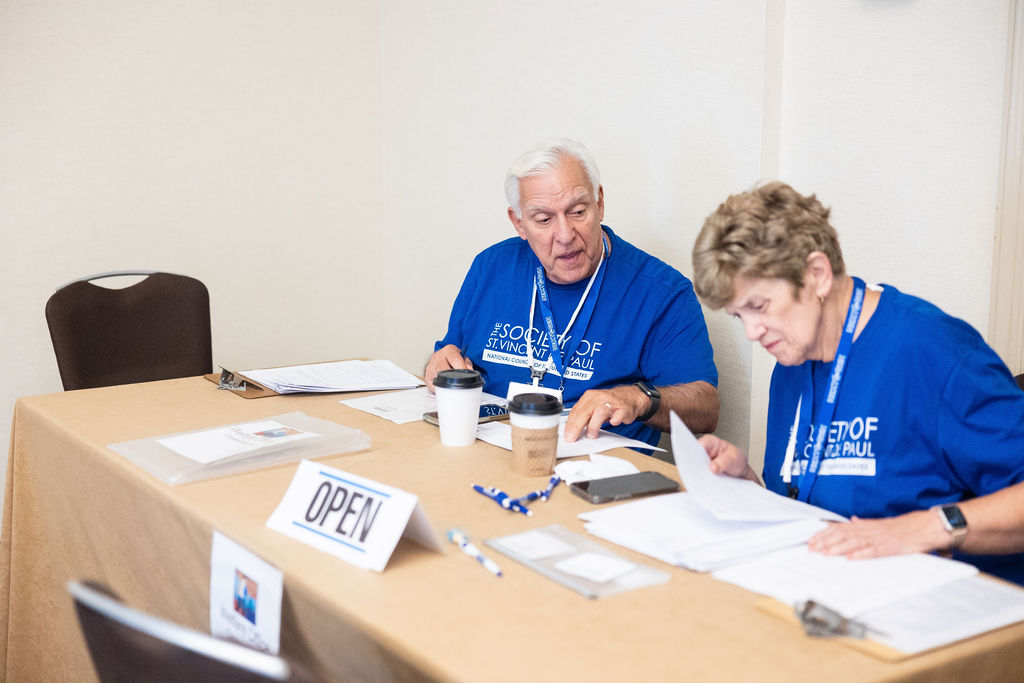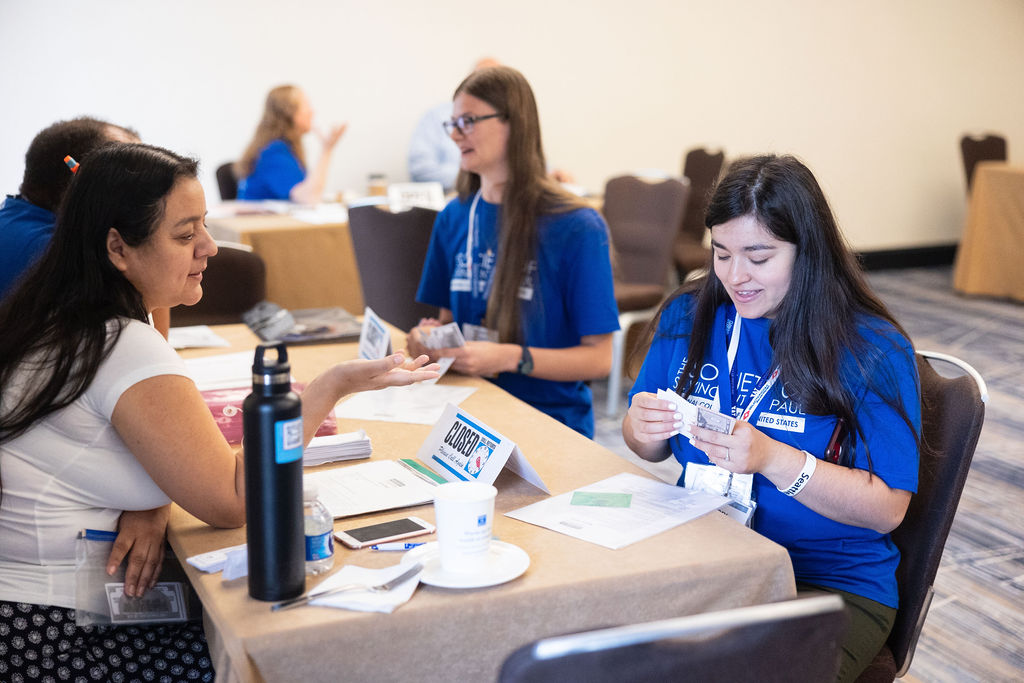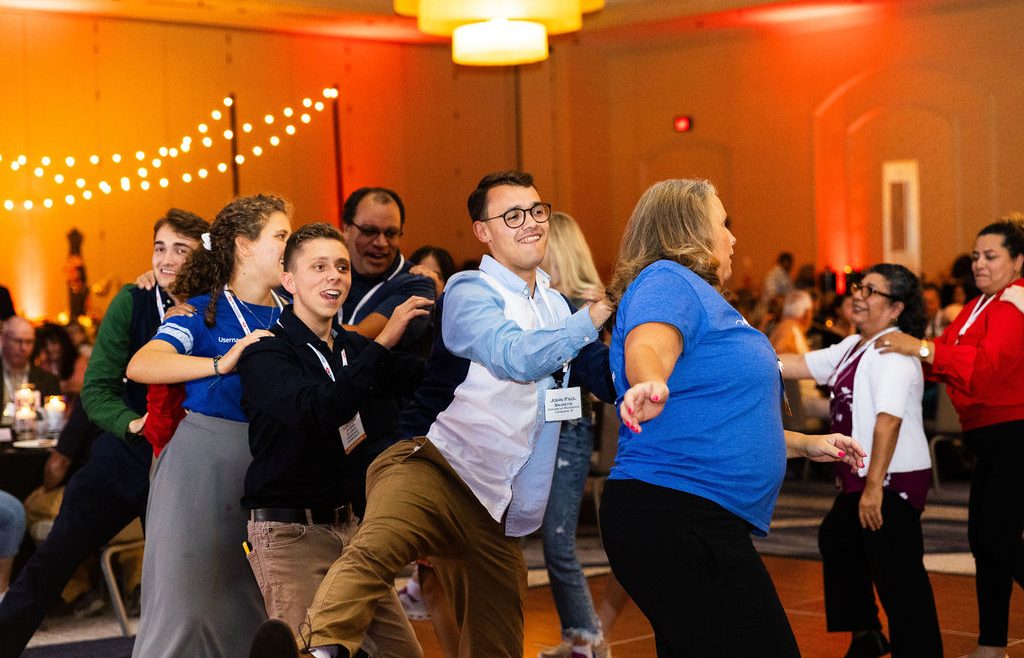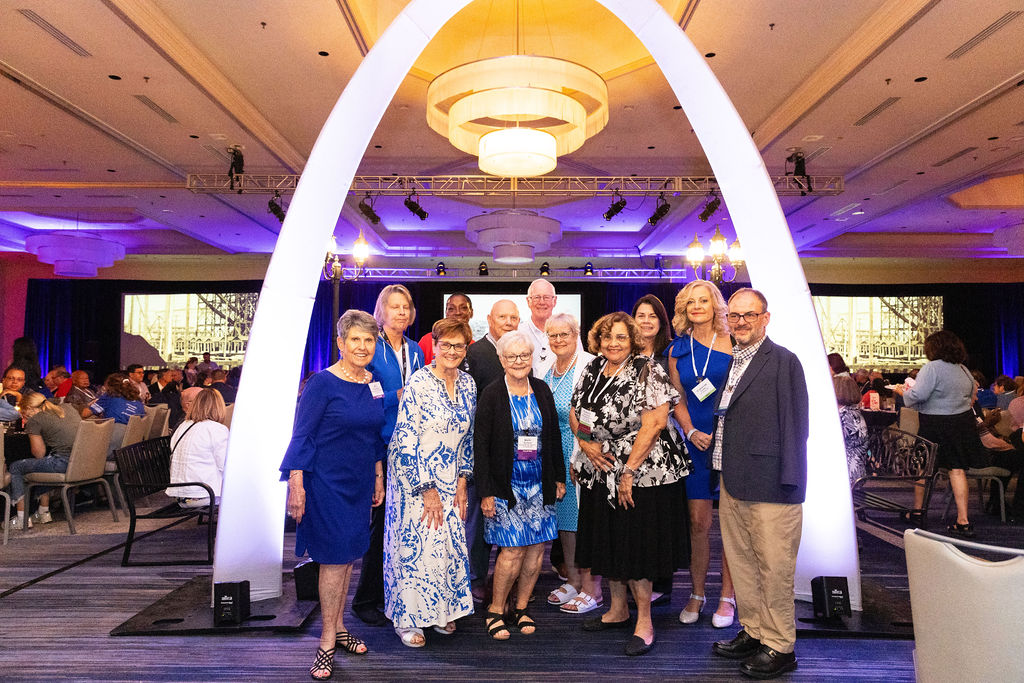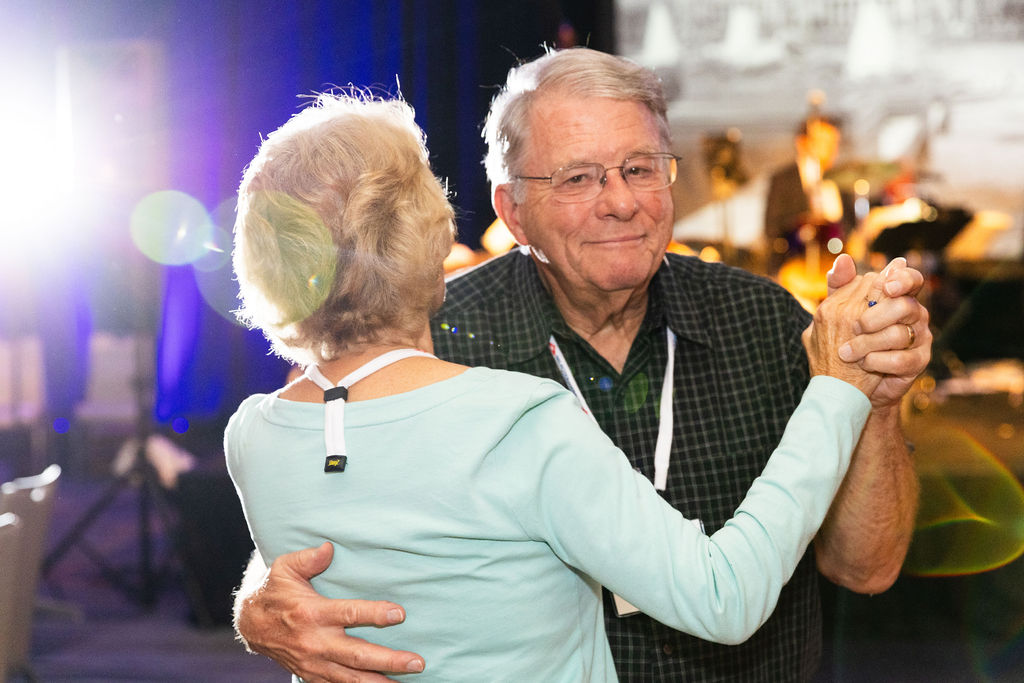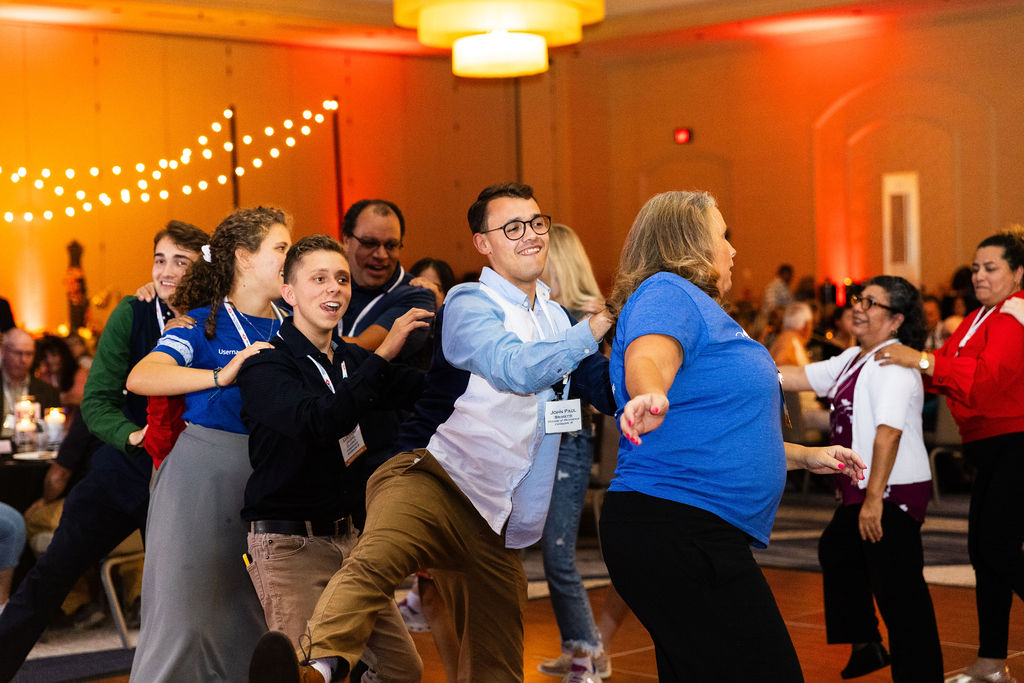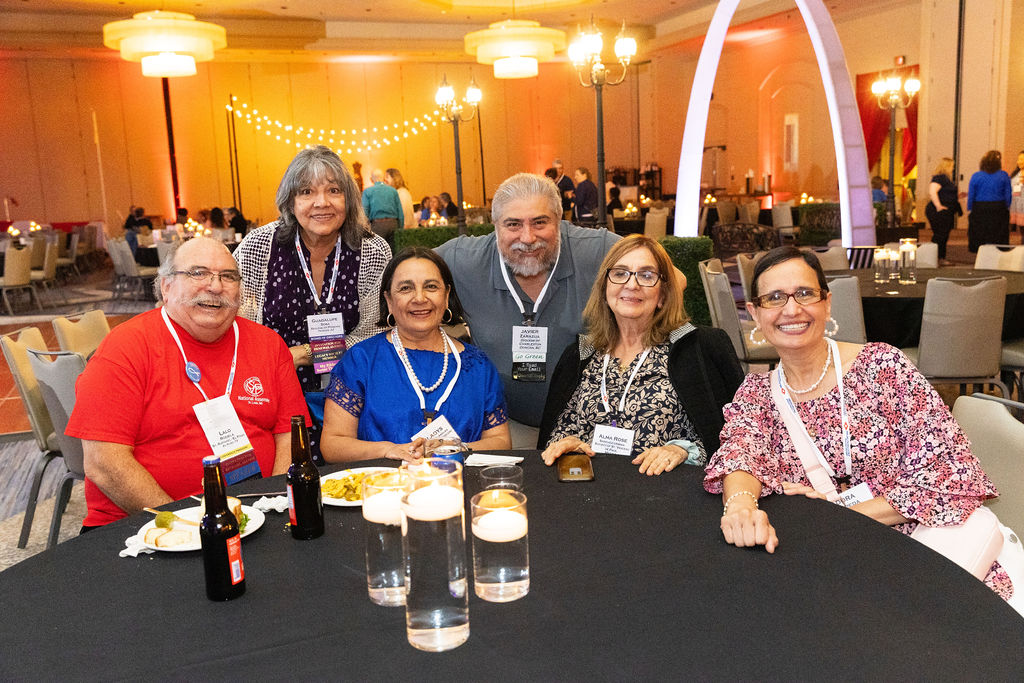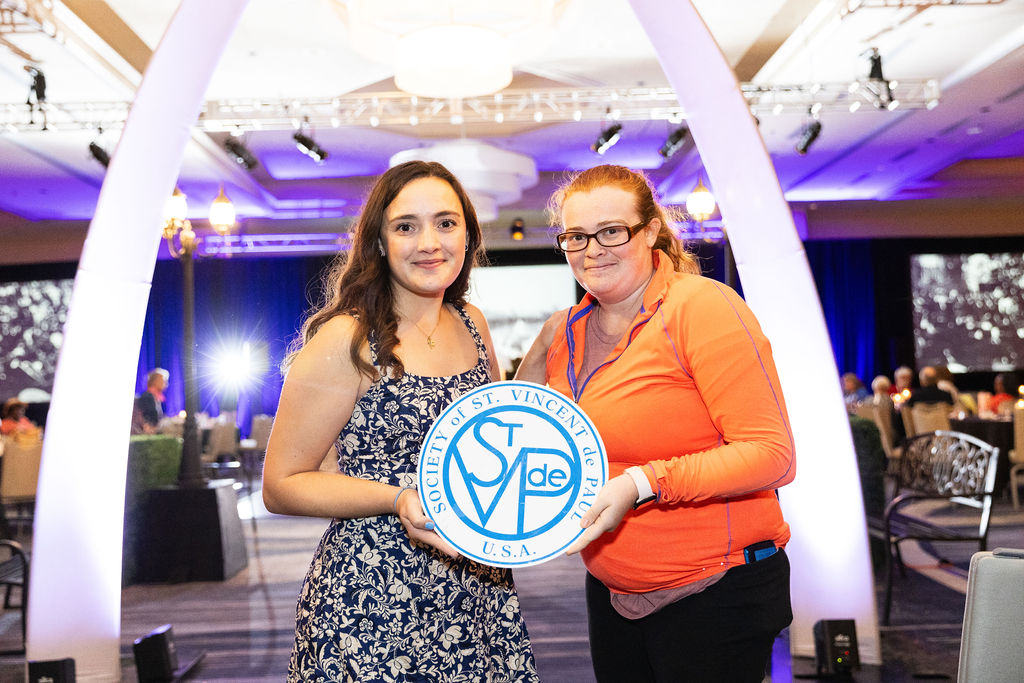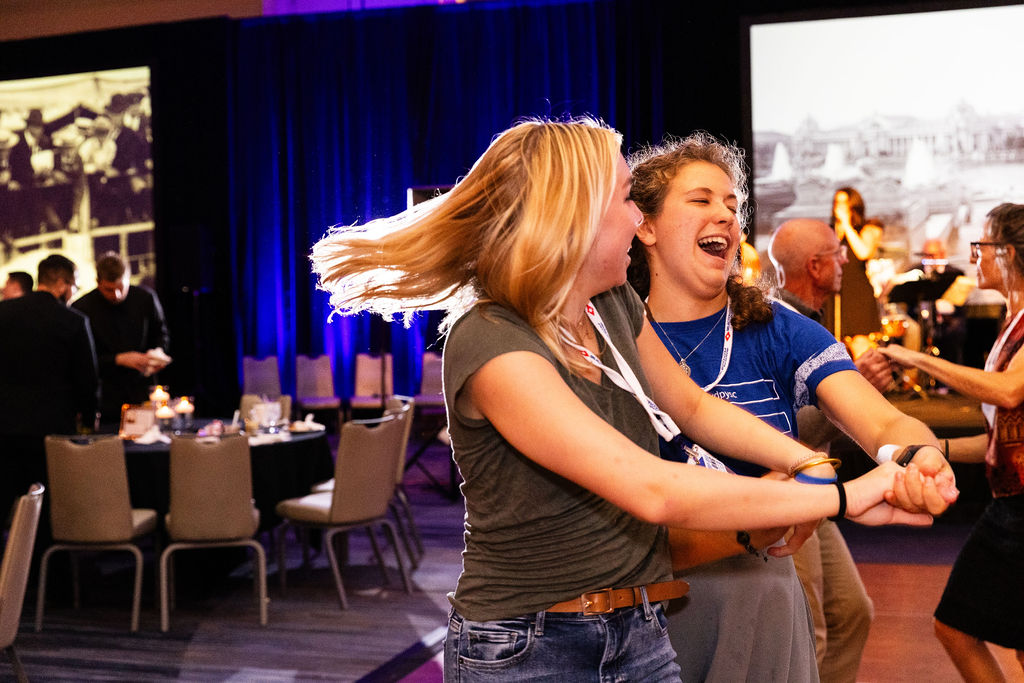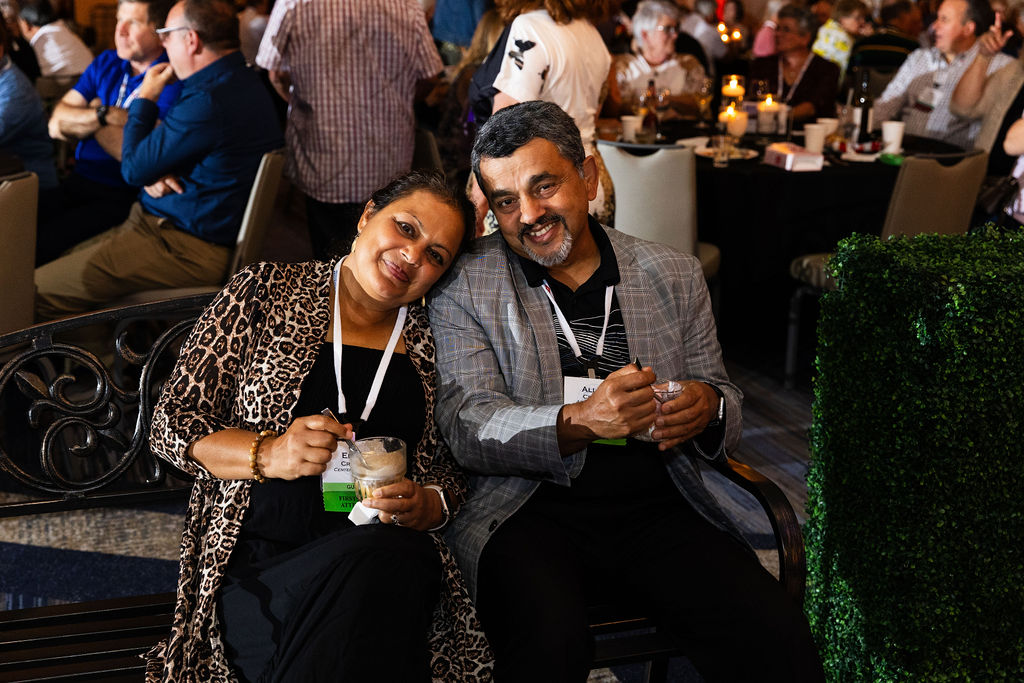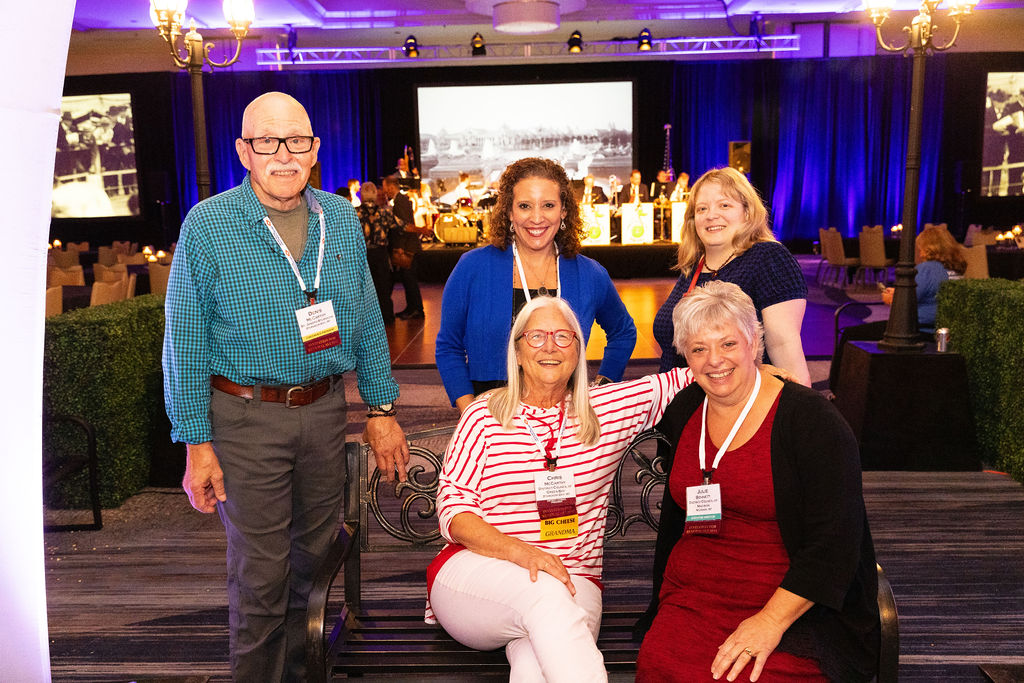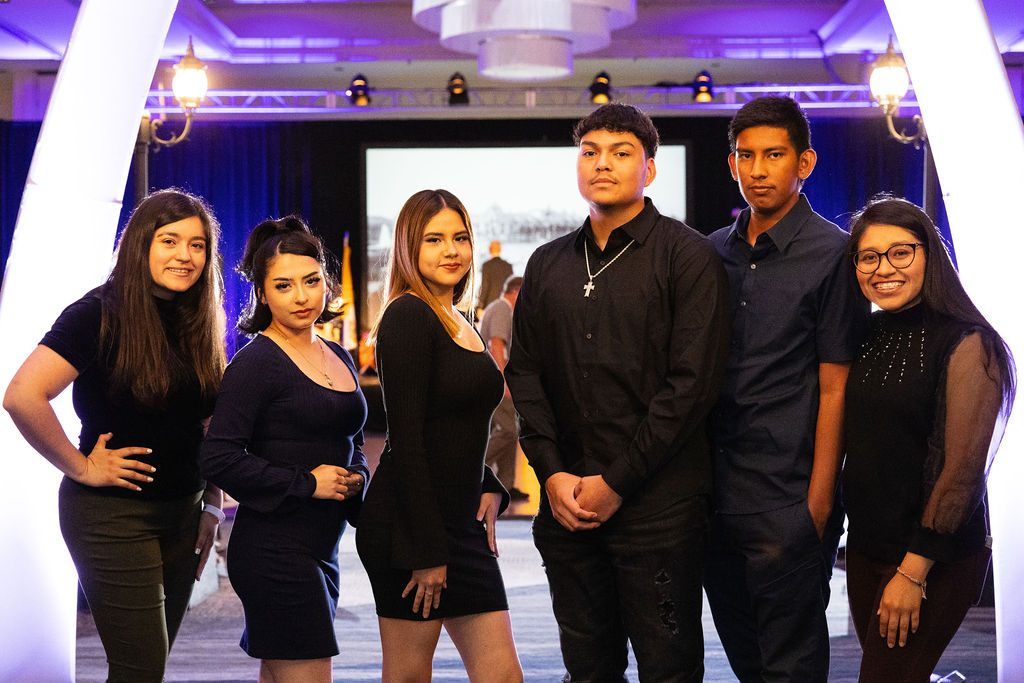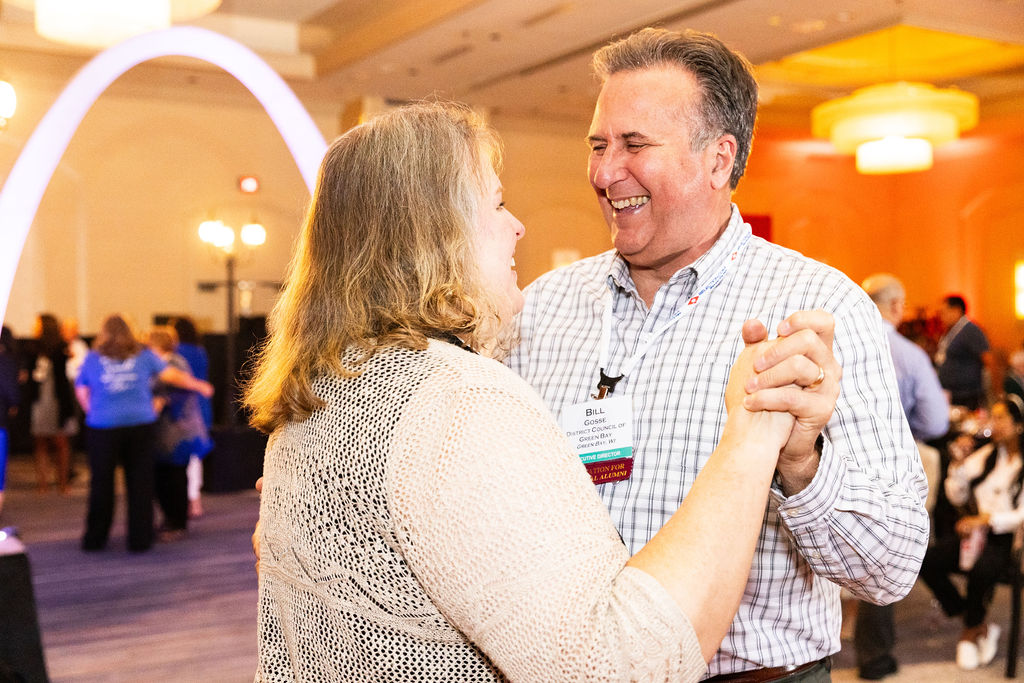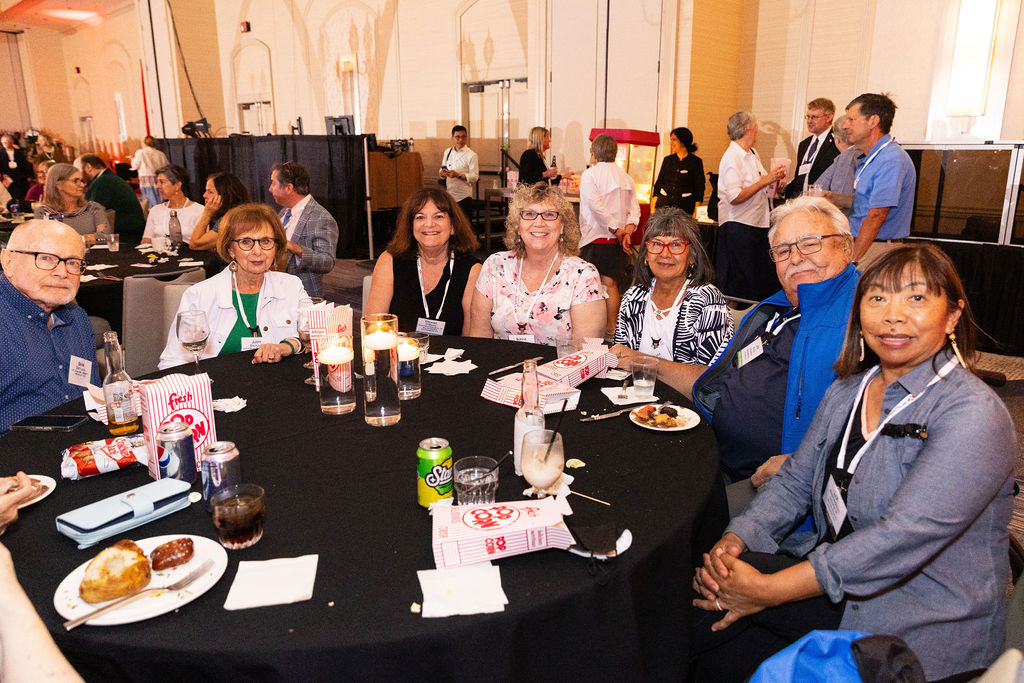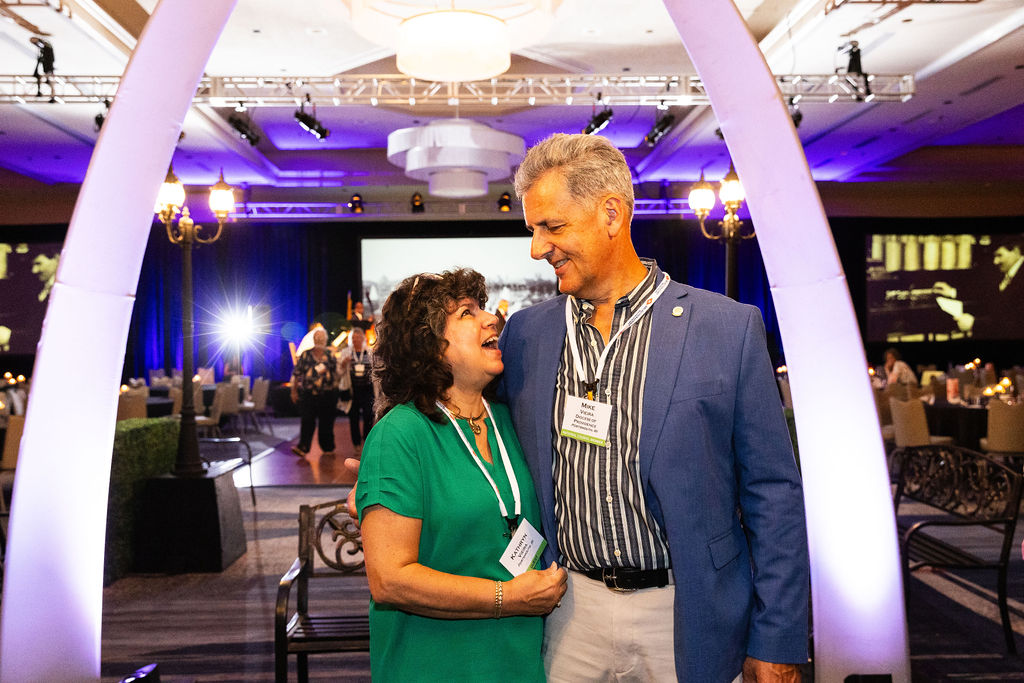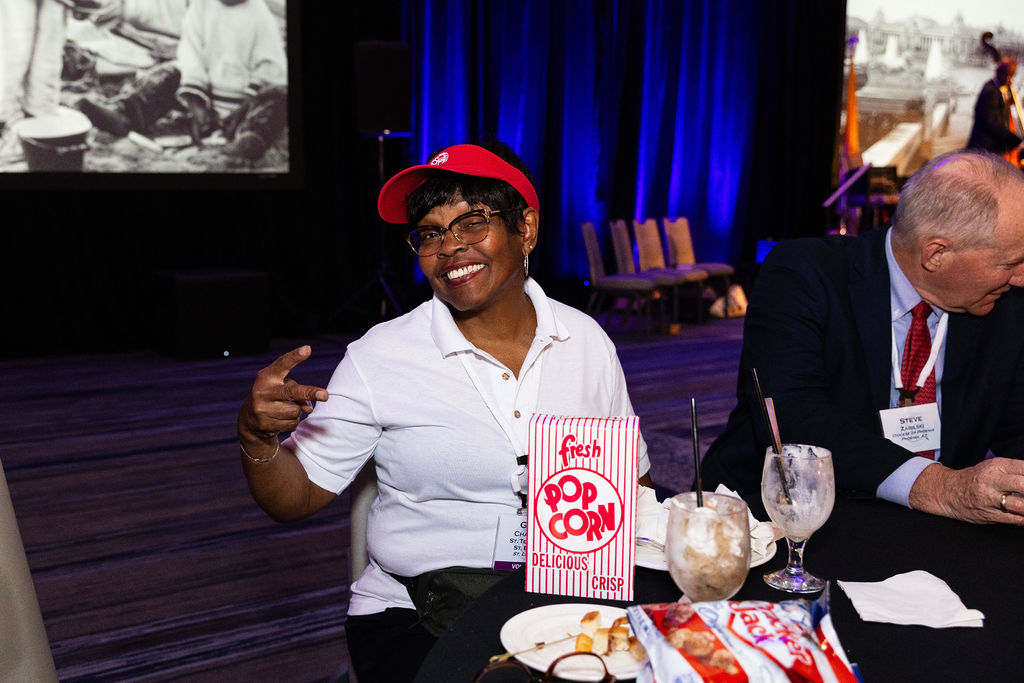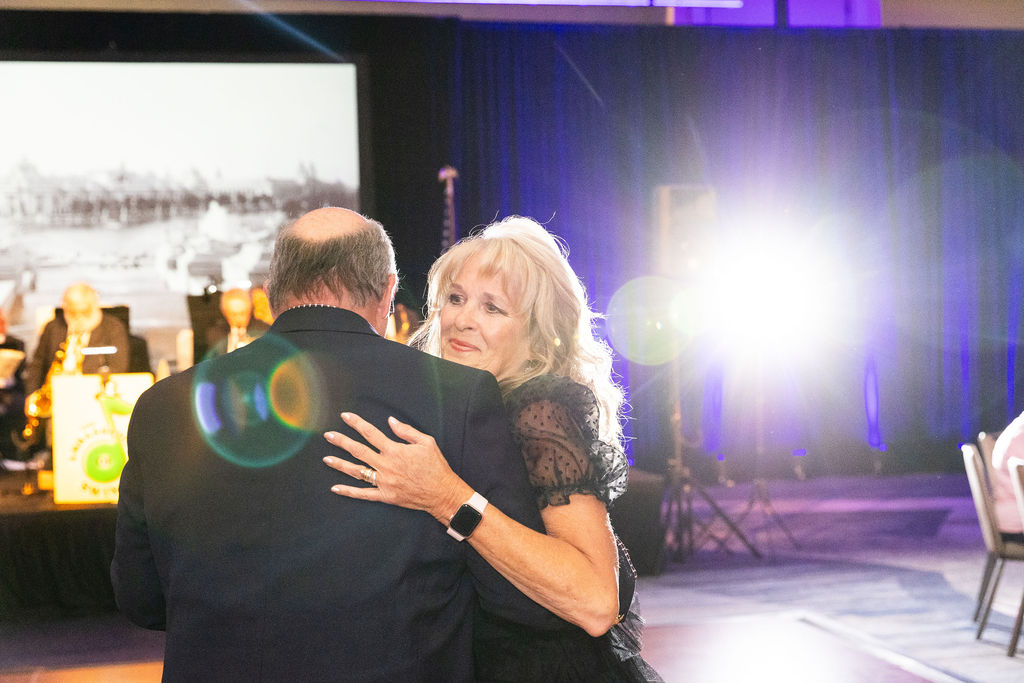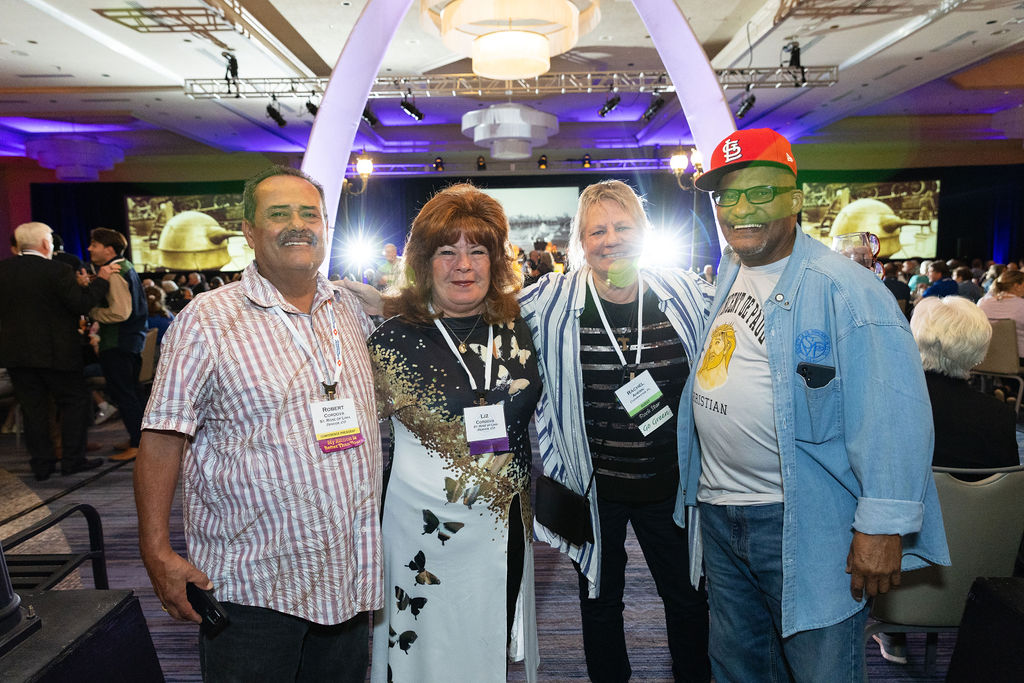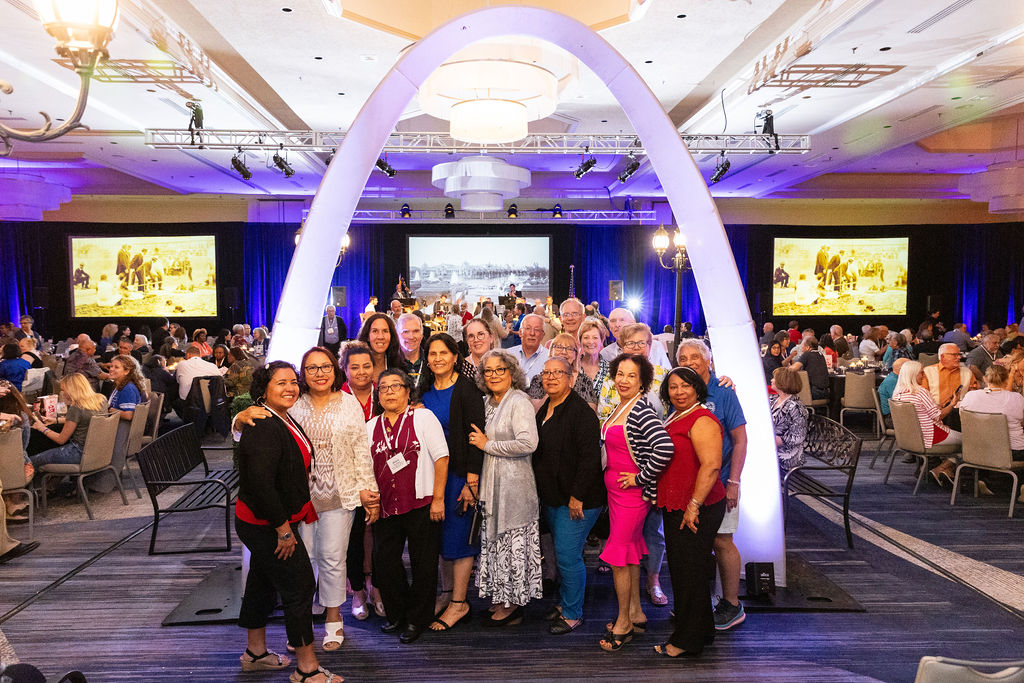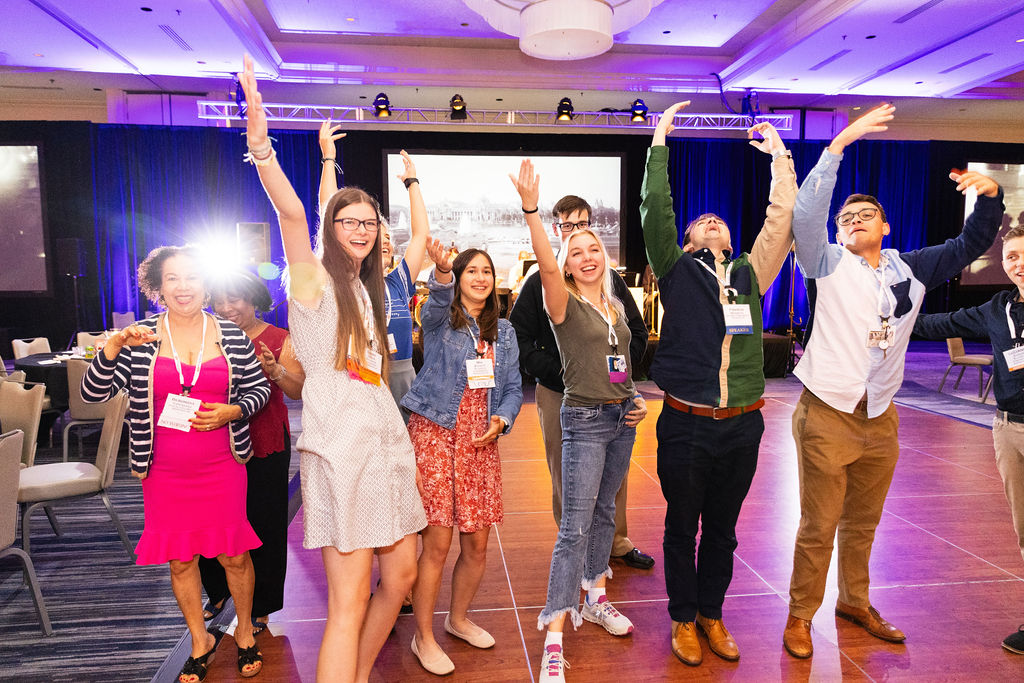In an effort to facilitate the ability for its English and non-English-speaking clients to order and receive food, SVdP Cleveland has partnered with Hunger Network to implement a new software at its Brookside Hunger Center. Brookside gives individuals the option to select foods, creating a “shopping” experience. SmartChoice™, a web-based digital ordering system, allows neighbors in need to order food in their own language and customize their selections based upon individual dietary requirements.
Those visiting the center are able to select exactly what they prefer from SVDP’s menu of available food items by using a touchscreen. They will also soon be able to order at home and schedule a pick up. Designed to improve the overall food pantry experience, the software provides SVdP Cleveland with the ability to serve food insecure families who are unable to visit Brookside during its hours of operation.
This new system has many benefits, both for clients and the organization, according to Gary A. Sole, CEO of SVdP Cleveland. “For example, it promotes healthier eating and less waste, as people only order what they intend to consume,” he explained. “Because it reduces spoilage and offers choice with reduced space requirements, it maximizes our pantry’s resources and even streamlines our inventory management.”
SVdP Cleveland’s purchase of the software was made possible in part with funding from Community West Foundation, Sole added.
SVdP Cleveland collaborated with its partner agency, Hunger Network, to implement the software more efficiently. Hunger Network rolled out the service in 2022 at its own newly-opened pantry located in Cleveland’s MidTown Corridor. “This collaboration enables us to benefit from Hunger Network’s experience to ensure a seamless integration for our organization,” Sole explained.
The system has proven to be extremely successful at Hunger Network, said Julie M. Johnson, CEO. “We fell in love with the software once we started looking into it because it provided customers with a dignified experience and allowed us to encourage them to learn about and select healthier food options.”
In operation since the mid-1960s, Brookside Hunger Center serves individuals and families within and surrounding Cleveland’s Clark-Fulton and Brooklyn Centre neighborhoods. It is one of seven main food pantries operated by the Society of St. Vincent de Paul that provide emergency food supplies (which include shelf staples, protein-rich meats, dairy and nutritious produce), hot meals, and more to food-insecure individuals and families throughout Northeast Ohio.

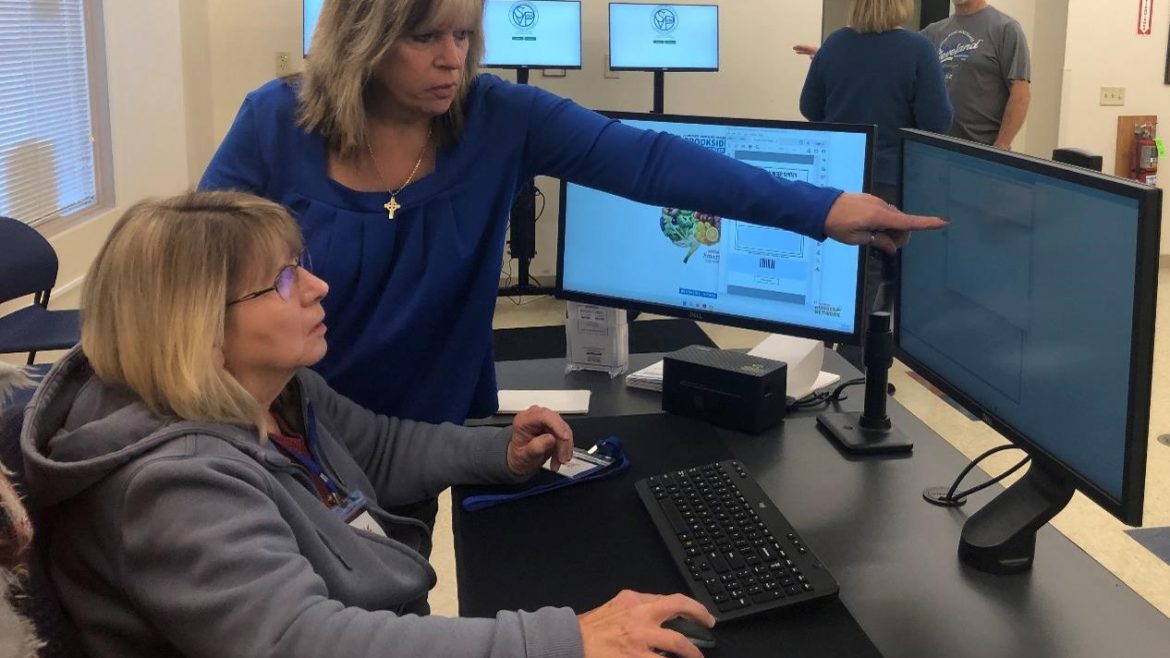
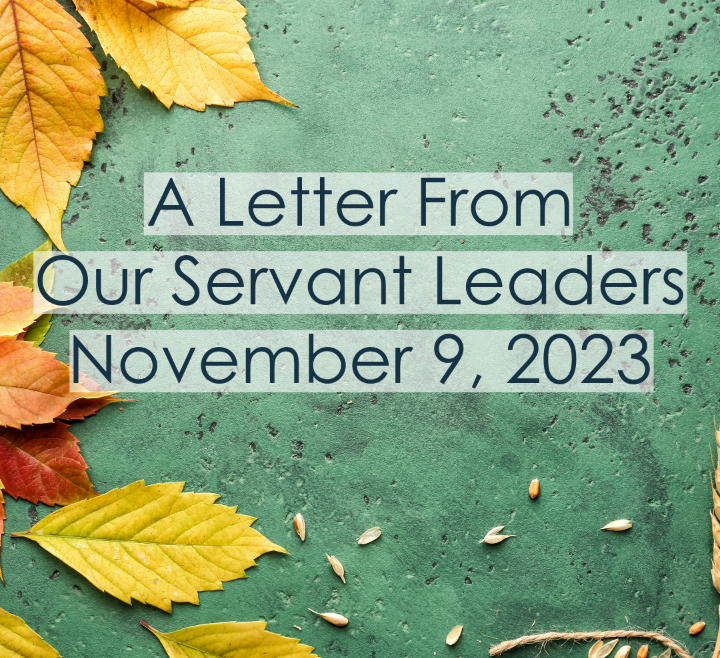
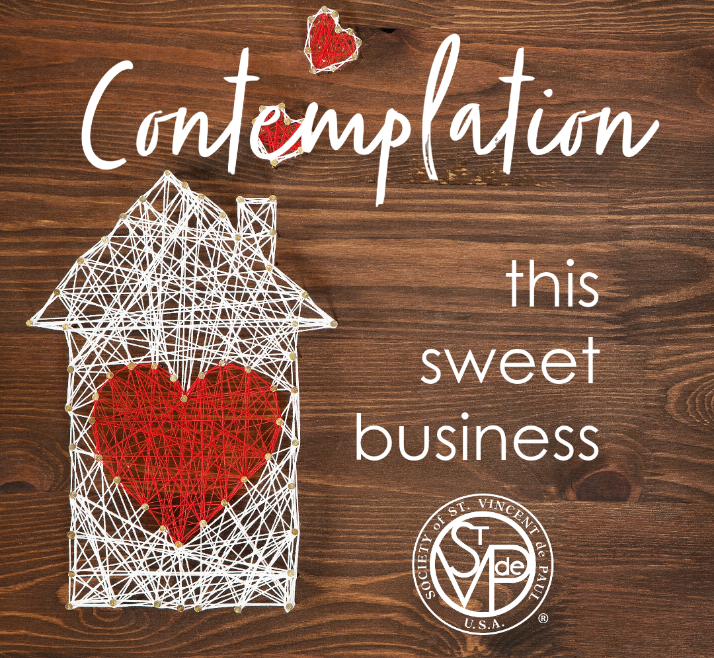
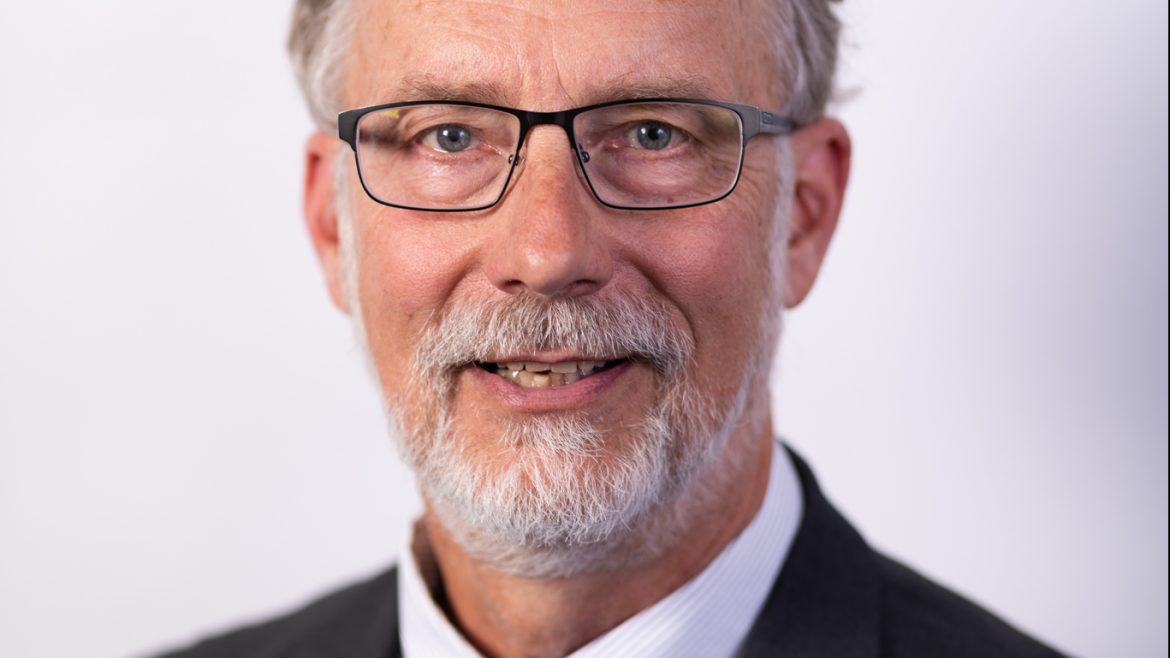
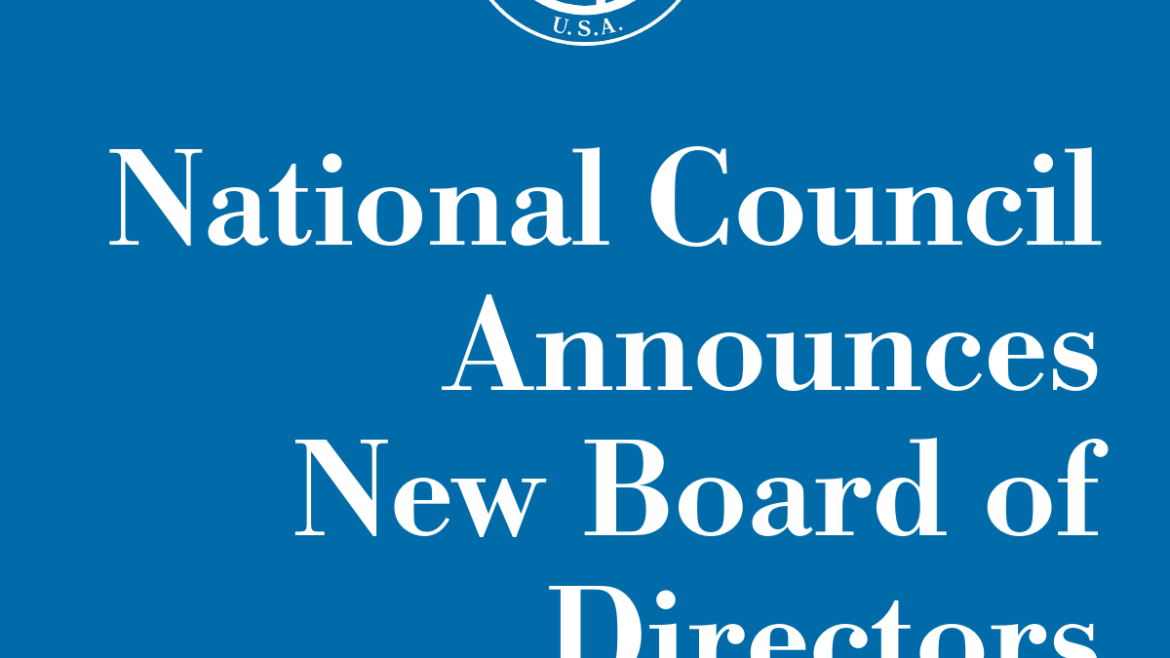
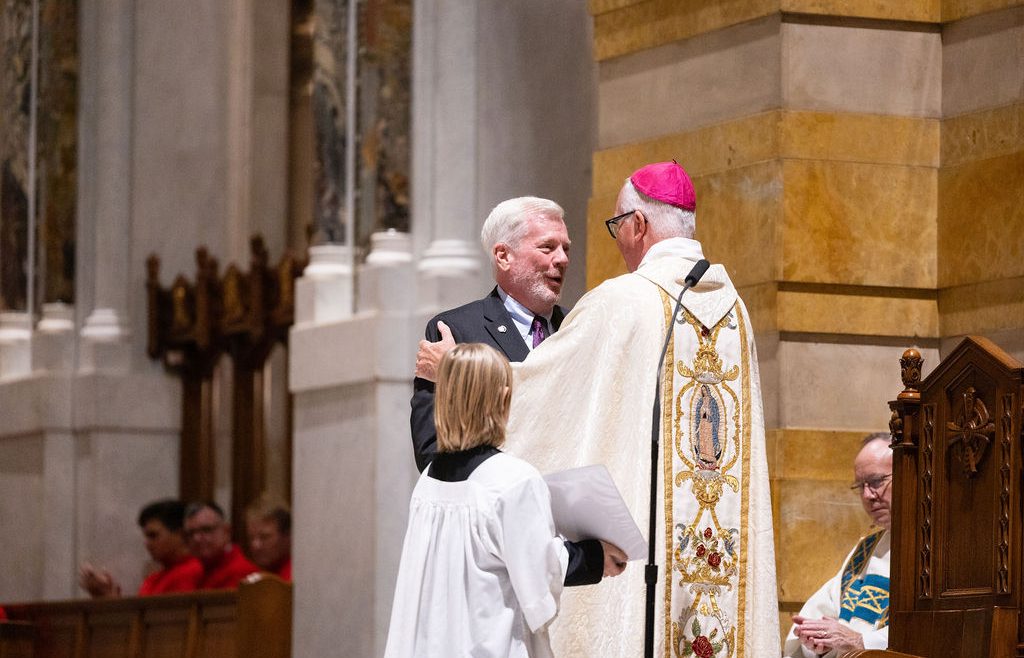
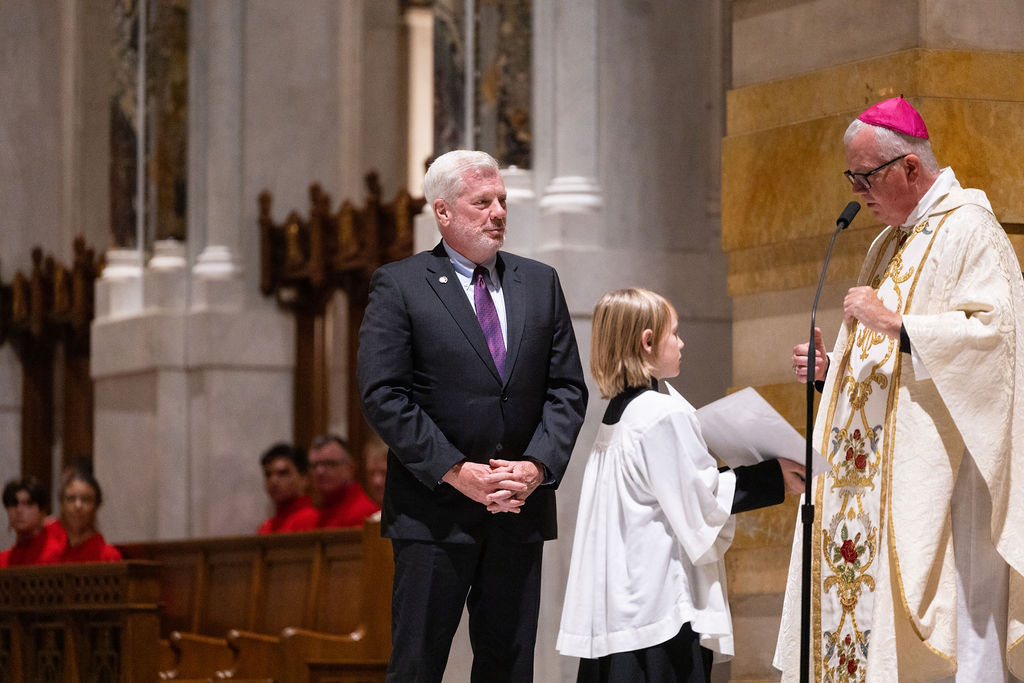 An experienced senior executive and tireless advocate for people in poverty, Berry served as Chief Executive Officer for SVdP Georgia for 14 years before retiring in 2020. In his work there, he championed national, state, and local efforts to fight poverty, dependence, and need. In September 2020, he founded Berry Consulting Solutions, LLC; consulting experts in Nonprofit Board Governance, Organizational Dynamics, Strategic Planning, and Development & Fundraising.
An experienced senior executive and tireless advocate for people in poverty, Berry served as Chief Executive Officer for SVdP Georgia for 14 years before retiring in 2020. In his work there, he championed national, state, and local efforts to fight poverty, dependence, and need. In September 2020, he founded Berry Consulting Solutions, LLC; consulting experts in Nonprofit Board Governance, Organizational Dynamics, Strategic Planning, and Development & Fundraising.